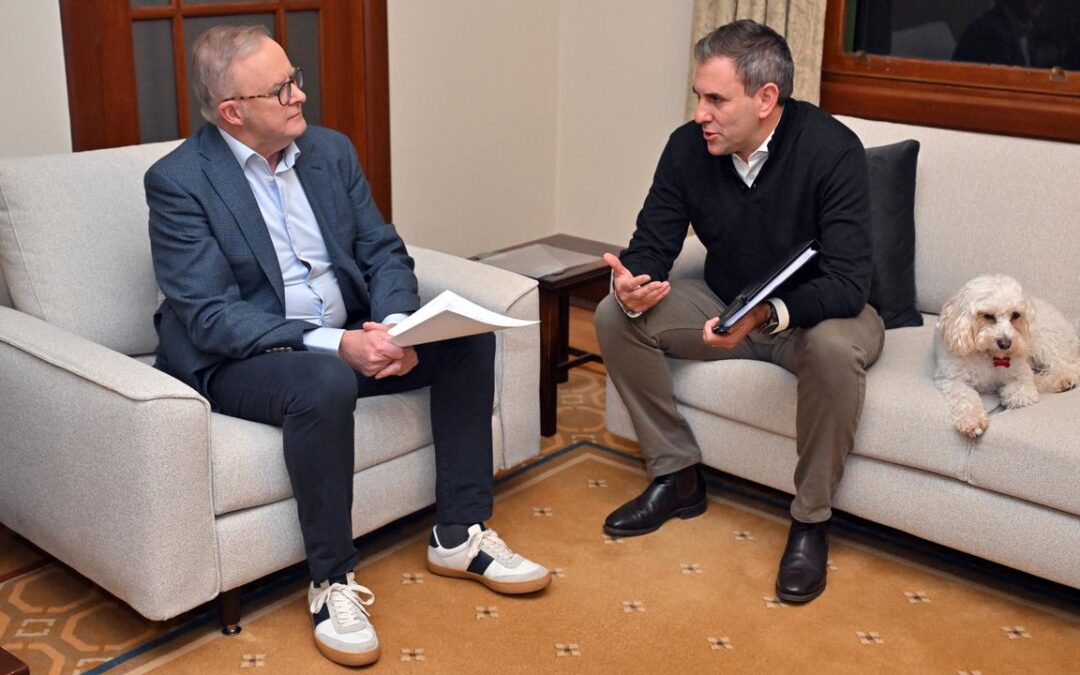
Productivity symposium looks to find the ‘secret sauce’
The next chapter of Australia’s economic story is set to be written as the nation’s top economic minds brainstorm answers to ailing productivity.
After weeks of anticipation, the federal government’s three-day economic roundtable will kick off on Tuesday in Canberra.
Treasurer Jim Chalmers has already been bombarded with proposals ranging from winding back property investor tax breaks to environmental law reform and cutting red tape.
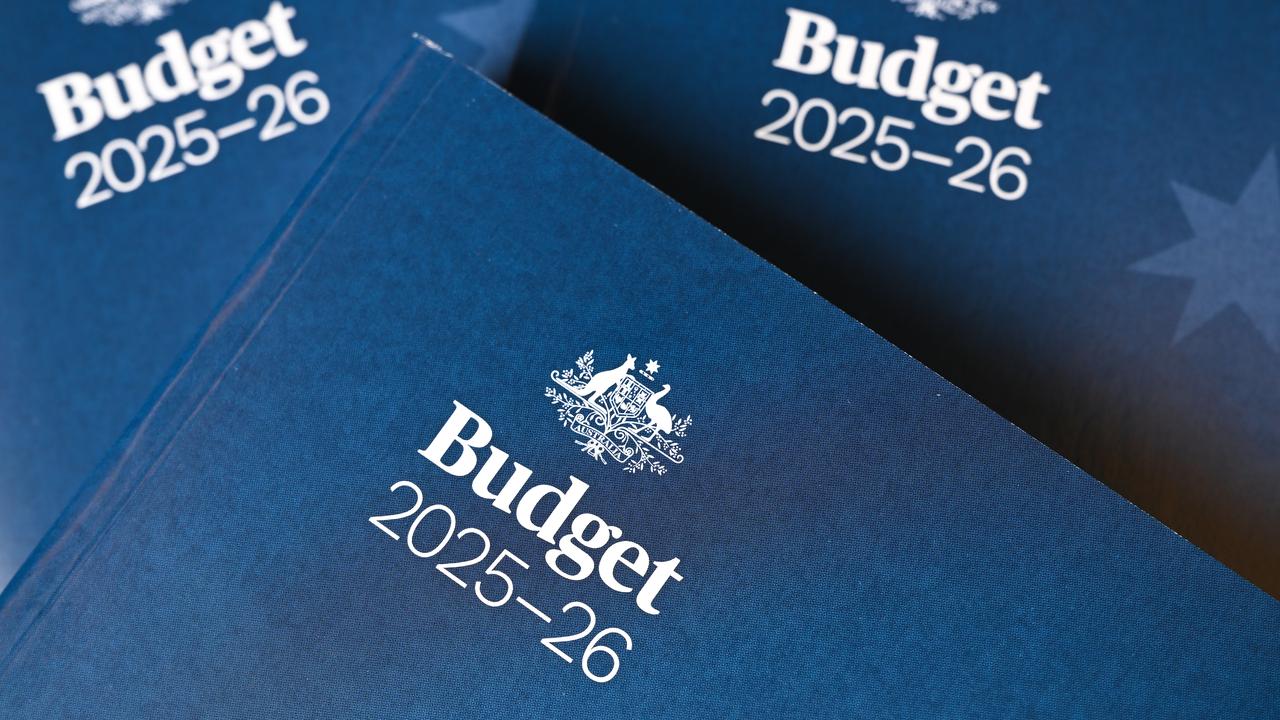
But he has insisted all invited parties bring specific ideas and be willing to find common ground as the outcomes of the roundtable will help steer Australia’s economic agenda.
“Three days to inform three budgets – and beyond,” Dr Chalmers will say in his opening remarks.
“(The prime minister) has been clear that this is about writing the next chapter of economic reform and I want to acknowledge the leadership he’s shown.
“We are realistic about the impact of all this, but optimistic too. In this world of churn and change, we like Australia’s chances.”
Even though the Australian economy has made significant progress on wages, inflation and employment, Dr Chalmers has acknowledged there is still more to do.
The roundtable is aimed at lifting living standards primarily by boosting productivity, which has stagnated in Australia and other western countries.
“Productivity is like a secret sauce,” AMP chief economist Shane Oliver told AAP.
“If you can get strong productivity, you can have strong profits, you can have strong wages growth and still keep inflation low.”
Improved productivity can help guard against future cost-of-living crises, which is particularly important during times of global uncertainty.
The first day of the roundtable is expected to put a spotlight on ways to build resilience, with Reserve Bank governor Michele Bullock set to headline Tuesday’s proceedings through her presentation on productivity trends.
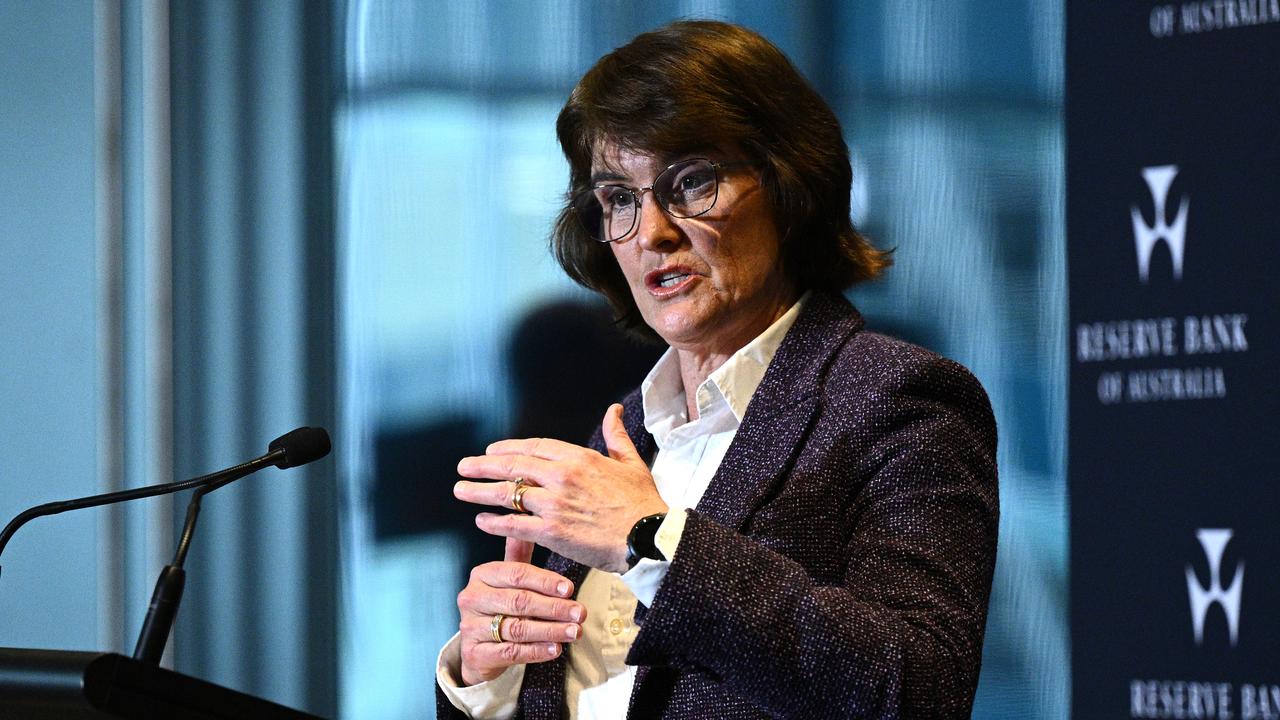
Productivity reform will feature more prominently on the second day before budget sustainability and tax reform help close out the roundtable on Thursday.
Environment groups, the business sector, unions and others have all proposed major ideas, but Dr Oliver is keeping his expectations in check and says a firm commitment to regulation, investment incentives and competition reform could likely be called a success.
Former Productivity Commission chair Michael Brennan has urged Australians to be realistic about reforms but said he was optimistic.
“The strictures that the government has put around contributions – that they be specific, budget neutral and focused on the national interest rather than the vested interest – have all improved the quality of the debate,” the e61 Institute chief executive told AAP.
“I’m hopeful that there will be positive outcomes but it’s already had a positive impact.”
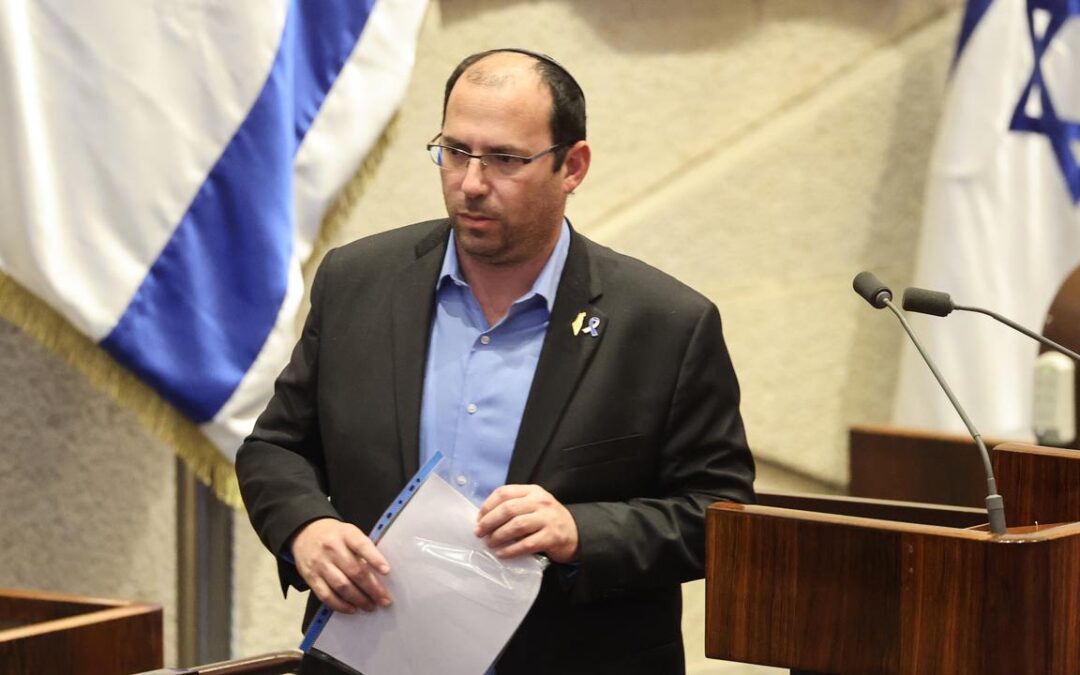
Israel retaliates after Australia blocks politician
Israel’s foreign affairs minister says the visas of Australia’s representatives to the Palestinian Authority have been revoked over the nation’s recognition of a Palestinian state and for refusing entry to Israeli figures.
Gideon Sa’ar announced the visa cancellations in a social media post and said he had also instructed the Israeli Embassy in Canberra to carefully examine any official Australian visa application for entry into Israel.
“This follows Australia’s decisions to recognise a “Palestinian state” and against the backdrop of Australia’s unjustified refusal to grant visas to a number of Israeli figures, including former Minister Ayelet Shaked and the Chairman of the Knesset’s Constitution, Law and Justice Committee, MK Simcha Rothman,” Mr Sa’ar posted on social media platform X on Monday.
“While anti-Semitism is raging in Australia, including manifestations of violence against Jews and Jewish institutions, the Australian government is choosing to fuel it by false accusations, as if the visit of Israeli figures will disrupt public order and harm Australia’s Muslim population. It is shameful and unacceptable!”
Mr Sa’ar’s post comes after it was revealed on Monday that Australia denied far-right Israeli politician Simcha Rothman from entering the country for a speaking tour after provocative comments including branding children in Gaza as enemies.
Australia has also denied entry to former Israeli minister Ayelet Shaked, based on anti-Palestinian comments, and Israeli advocate Hillel Fuld.
On August 11, Prime Minister Anthony Albanese confirmed Australia’s intention to recognise Palestinian statehood at the United Nations General Assembly meeting in September.
Mr Rothman has denied children have been dying of hunger in Gaza, despite overwhelming international evidence, and branded them “our enemies”.
He has also pushed for Israel to annex the West Bank and denied a Palestinian state should exist.
He defended the mass displacement of Palestinians from Gaza, which is illegal under international law, and refused to allow those fleeing the war into Israel, saying “you don’t let them conquer your country”.
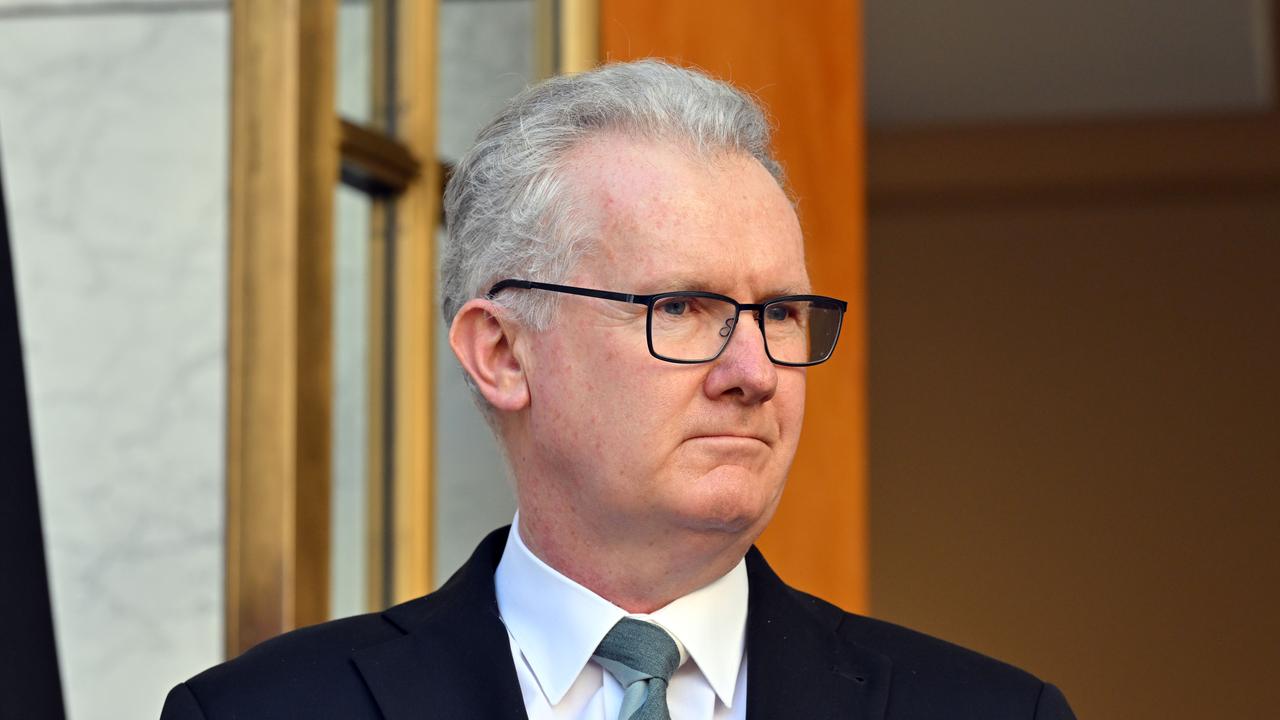
On Monday, Home Affairs Minister Tony Burke said Australia “will be a country where everyone can be safe and feel safe”.
“Our government takes a hard line on people who seek to come to our country and spread division,” he said in a statement.
“If you are coming to Australia to spread a message of hate and division, we don’t want you here.”
The right-wing Australian Jewish Association said Mr Rothman’s visa cancellation on the day he was set to leave “was spiteful” after it had initially been granted.
The purpose of Mr Rothman’s visit was to show solidarity with Australia’s Jewish community, which is facing a wave of anti-Semitism,” CEO Robert Gregory said in a statement.
“AJA had arranged for him to meet with victims, visit targeted Jewish institutions, and address numerous Jewish schools and synagogues.”
Mr Gregory also criticised Mr Burke for denying entry to Ms Shaked and Mr Fuld.

Briefing materials provided for Mr Burke on Ms Shaked’s visa provided numerous examples of her rhetoric, including her calling Palestinian children “little snakes” and pushing to turn a Palestinian settlement in Gaza into a soccer field.
Mr Fuld had compared Gazans to Nazis, said not all Palestinian children were innocent and dismissed violence from Israeli settlers against Palestinians.
Australia has further sanctioned two far-right Israeli ministers, including travel bans.
But Mr Burke has also denied entry to people who have a history of anti-Semitism, including rapper Kanye West after he released a song praising Hitler.
Lifeline 13 11 14
beyondblue 1300 22 4636
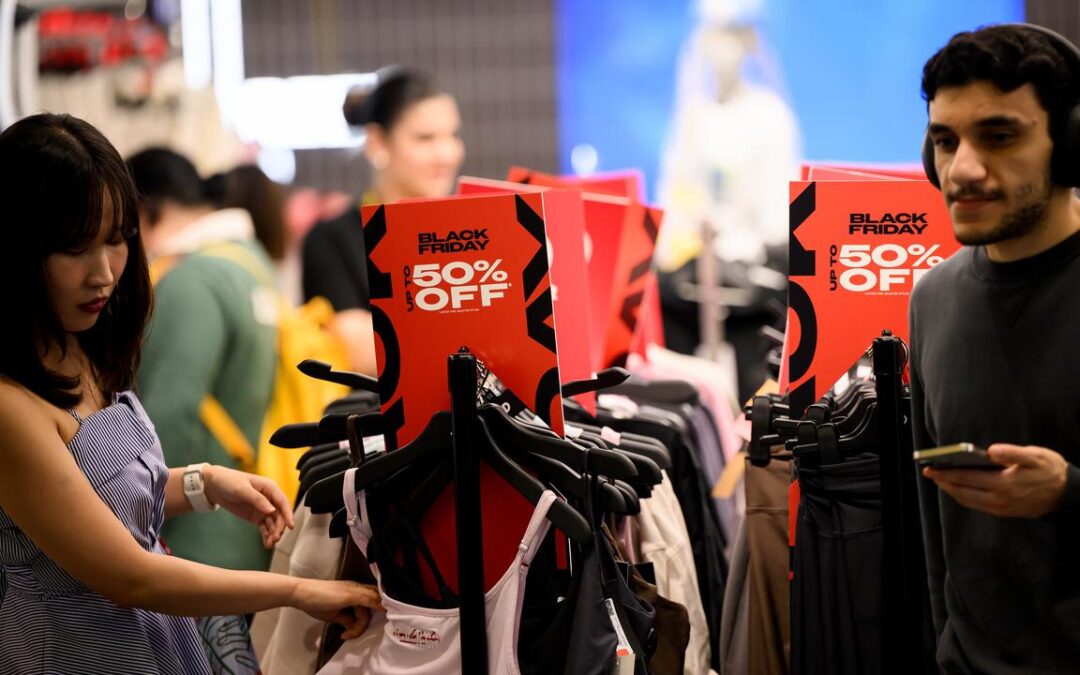
‘It’s crunch time’: productivity puzzle must be solved
It’s “crunch time” for the Australian economy.
Young Australians face the prospect of being the first generation to be worse off than their parents and Treasurer Jim Chalmers’ economic roundtable is crucial to ensuring that doesn’t happen.
The generational bargain is in peril and policymakers need to act, Productivity Commission chair Danielle Wood says.
Now in their 30s, millennials are struggling to enter the property market, “as policy choices have contributed to house prices growing much faster than incomes for the best part of three decades”, Ms Wood told the National Press Club on Monday.
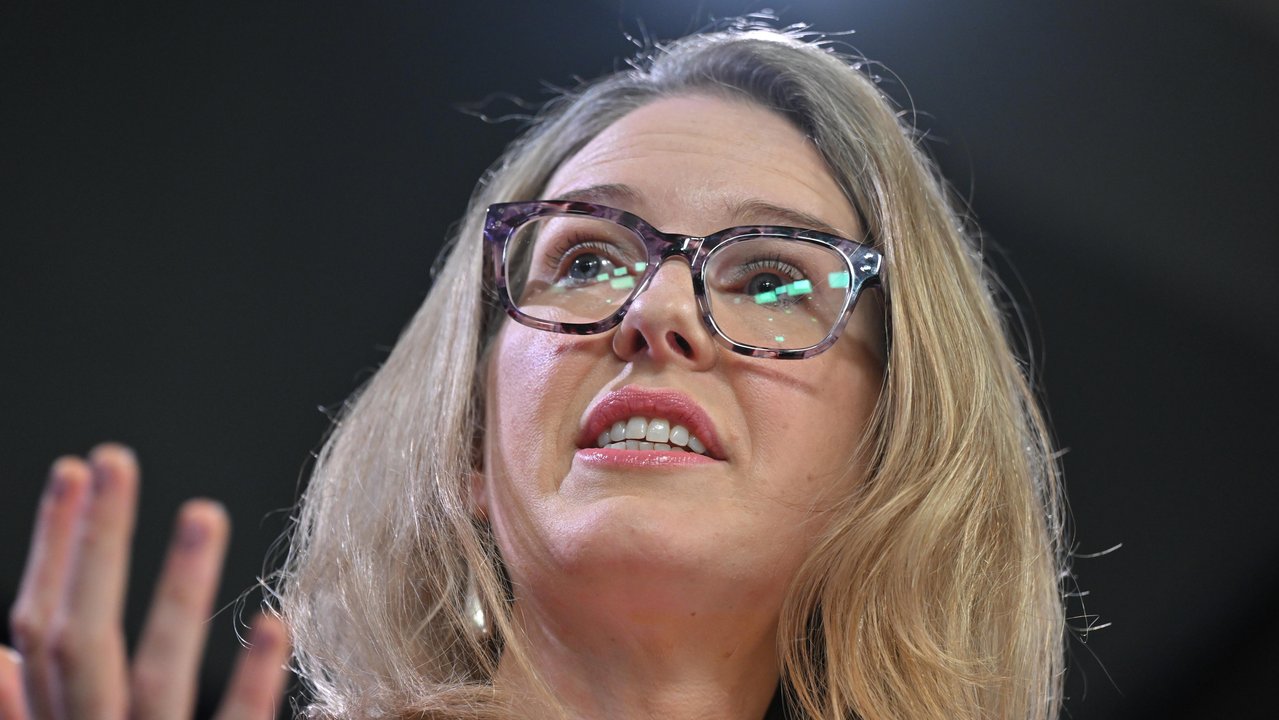
That’s largely because successive governments have failed to adopt a “growth mindset” and encourage productivity – reaping more from the effort put into work – she said.
“Productivity growth is the only way to sustainably lift wages and opportunities over time.”
The commission has spelled out a long list of recommendations to kickstart anaemic productivity growth in five separate reports released before the roundtable, which begins in Canberra on Tuesday.
Suggestions include reforming the corporate tax system and financial incentives for workplace training.
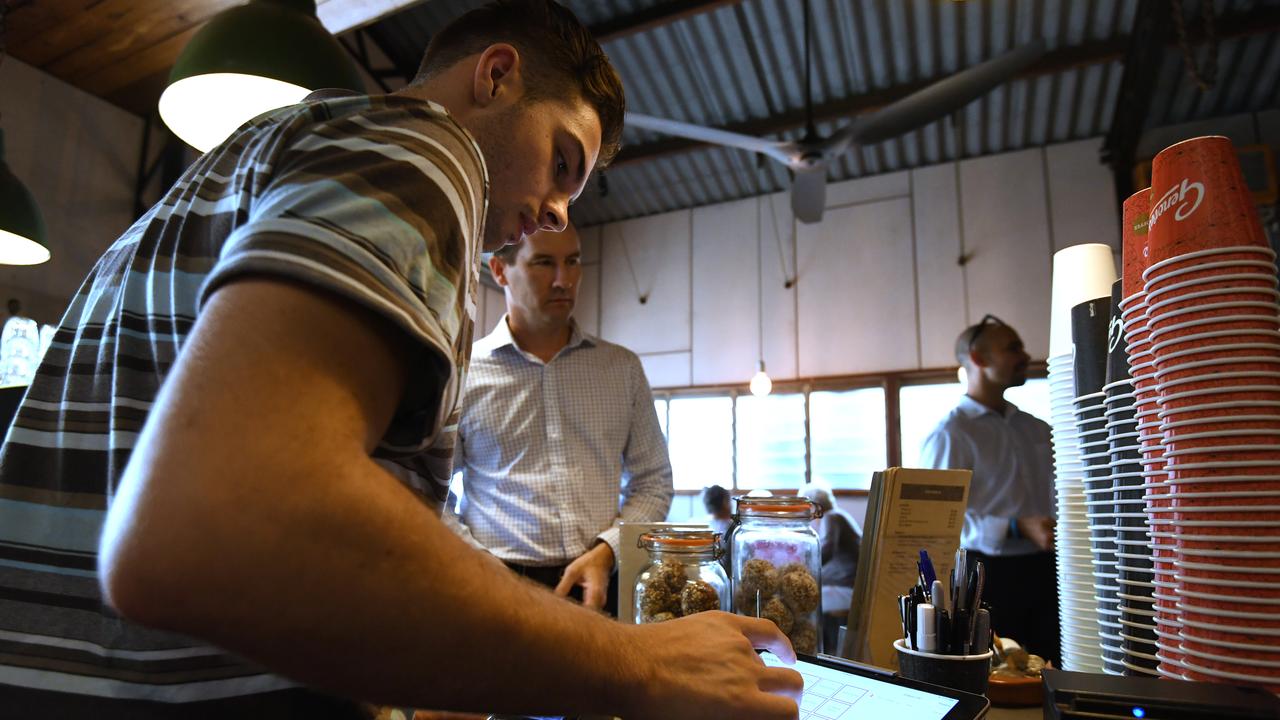
If the roundtable fails to revive productivity growth, Australia’s GDP could be six per cent lower than it might otherwise be, a loss of about $6000 per person, HSBC chief economist Paul Bloxham said.
“The stakes are high. It’s crunch time.”
Mr Bloxham identified tax reform, competition and regulation as the three key areas the roundtable ought to address.
Growth in the regulatory burden was symptomatic of a policy culture failing to prioritise growth, Ms Wood said.
Governments have felt a need to “do something” every time an issue emerged, ending up in a system that dampened growth.
An example was the Victorian government’s plan to legislate at least two days a week of work from home.
Ms Wood said the market had naturally found a “sweet spot”, as businesses that offer more flexibility find it easier to attract and retain workers, and businesses that want stricter rules around office attendance tend to have to pay a premium.
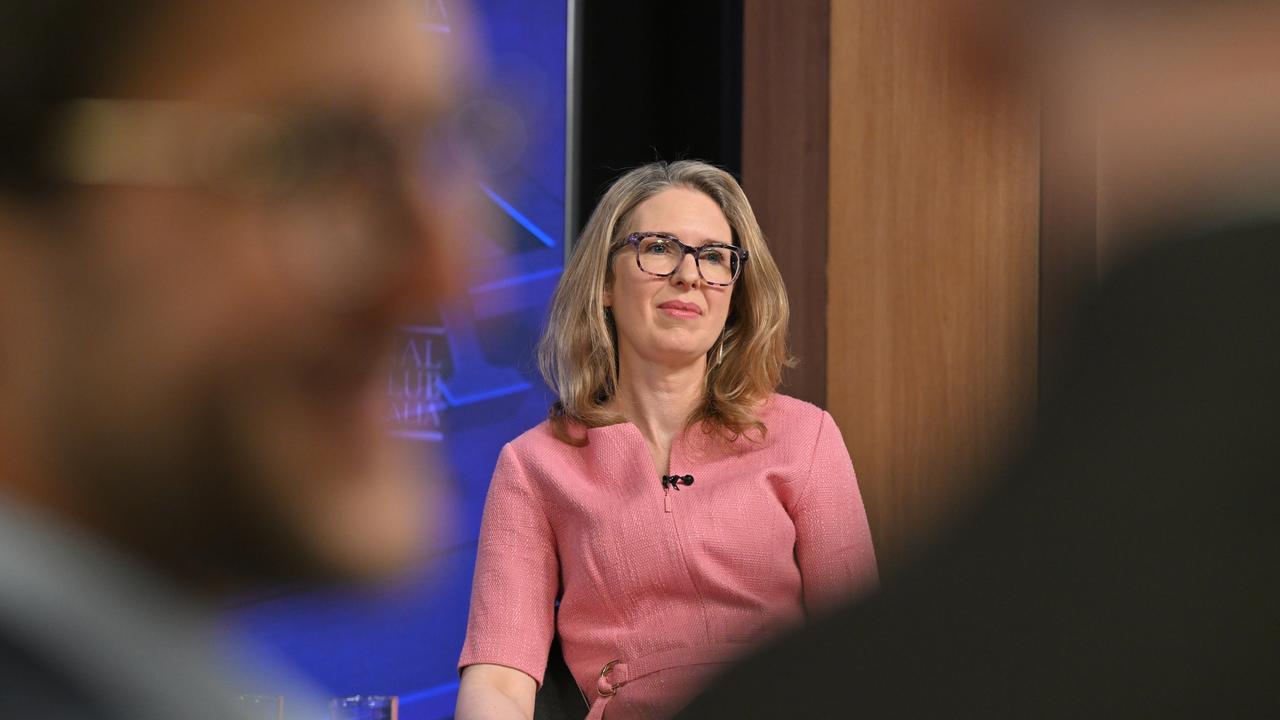
“So I guess if I was to apply a growth mindset to this, I would think what’s the problem that we’re trying to solve here? It’s not clear to me that there needs to be a role for government in that,” she said.
“Regulatory hairballs” are everywhere, she argued, from 31-step approvals and licensing surveys for would-be Queensland cafe owners to “evermore stringent requirements for energy efficiency in the construction code”.
The Albanese government has lobbed its fair share of hairballs down Australia’s regulatory gullet, contends opposition productivity spokesman Andrew Bragg.
In its first term, Labor introduced 5034 new regulations and 400 fresh laws, raising the cost of compliance by $4.8 billion, according to Office of Impact Analysis figures cited by Senator Bragg.
“Australia is now one of the most heavily regulated countries in the world,” he said.
The treasurer rubbished the claims, arguing the coalition introduced more regulations in its last term before its 2022 election loss.
“If the coalition had answers on productivity, they wouldn’t have presided over the worst decade for productivity growth in the last 60 years,” he said.
Dr Chalmers acknowledged the government had been getting in its own way with regulation that was slowing down new housing or energy projects.
Some regulation, such as tying government procurement to gender equality aims, was serving a useful purpose, he said.
“Where regulation is unnecessary, where it’s duplicated, where it’s not serving a useful purpose, we should seek to wind it back, and that’s what we intend to do.”
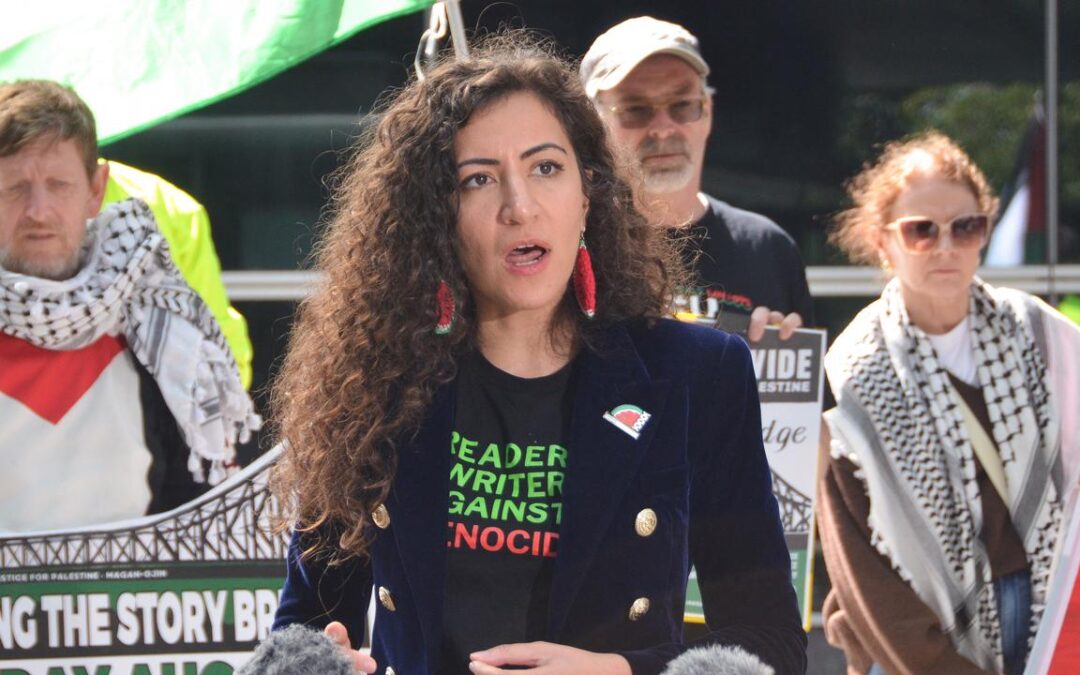
Police seek court order to quash Palestine bridge march
Legal action has been launched to stop pro-Palestine demonstrators marching across a major bridge as part of a national day of protests.
But Justice for Palestine rally organisers have indicated they could defy any court order and go ahead with the protest on Brisbane’s Story Bridge on Sunday.
Citing safety fears, Queensland Police are set to take the matter to court after mediation talks with protesters on Monday failed to produce a resolution.
About 7000 protesters were expected to attend the Story Bridge rally as part of a nationwide day of action to highlight the humanitarian crisis in Gaza.
More than 20 cities and towns, including all capitals, are set to feature in what has been billed as the largest pro-Palestine demonstration in Australia’s history.
After unfruitful mediation talks, police said they would take protest organisers to court in a bid to stop the Story Bridge march.
“Police participated in mediation with protest organisers, however an agreement could not be met,” a police statement said.
“Police will lodge documentation with Brisbane Magistrates Court for a decision to be made with respect to the Notice of Intention to Hold a Public Assembly.”
Rally organiser Remah Naji indicated the march could take place even if the police successfully gained a court order to stop it, saying it was “on the table”.
“We’ll have to take it back to the group and make a decision based on the court’s decision,” she said outside Brisbane Magistrates Court on Monday.
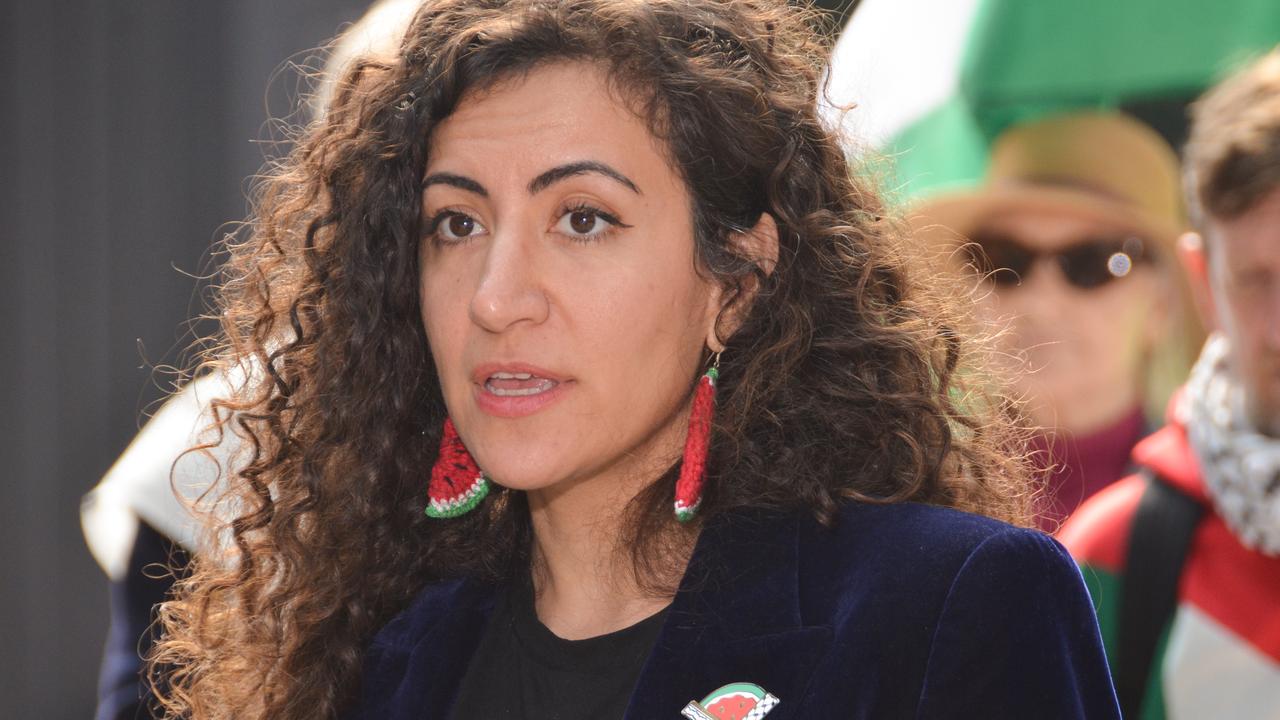
Police have raised public safety concerns, saying a Story Bridge march could pose “significant disruptions” to the community.
Public walkways on the 85-year-old bridge have been closed since March due to structural concerns and restoration, with the proposed rally likely to be held across its six lanes.
Ms Naji said protest organisers were willing to work co-operatively with police to ensure peaceful marches, and more than 120 marshals and medics would be on hand to assist.
Sunday’s protest plans come after some 90,000 people marched across the Sydney Harbour Bridge earlier in August.
“The gravity of the situation in Gaza demands visibility,” Ms Naji said.
“We … want the maximum pressure to be applied on our government.”
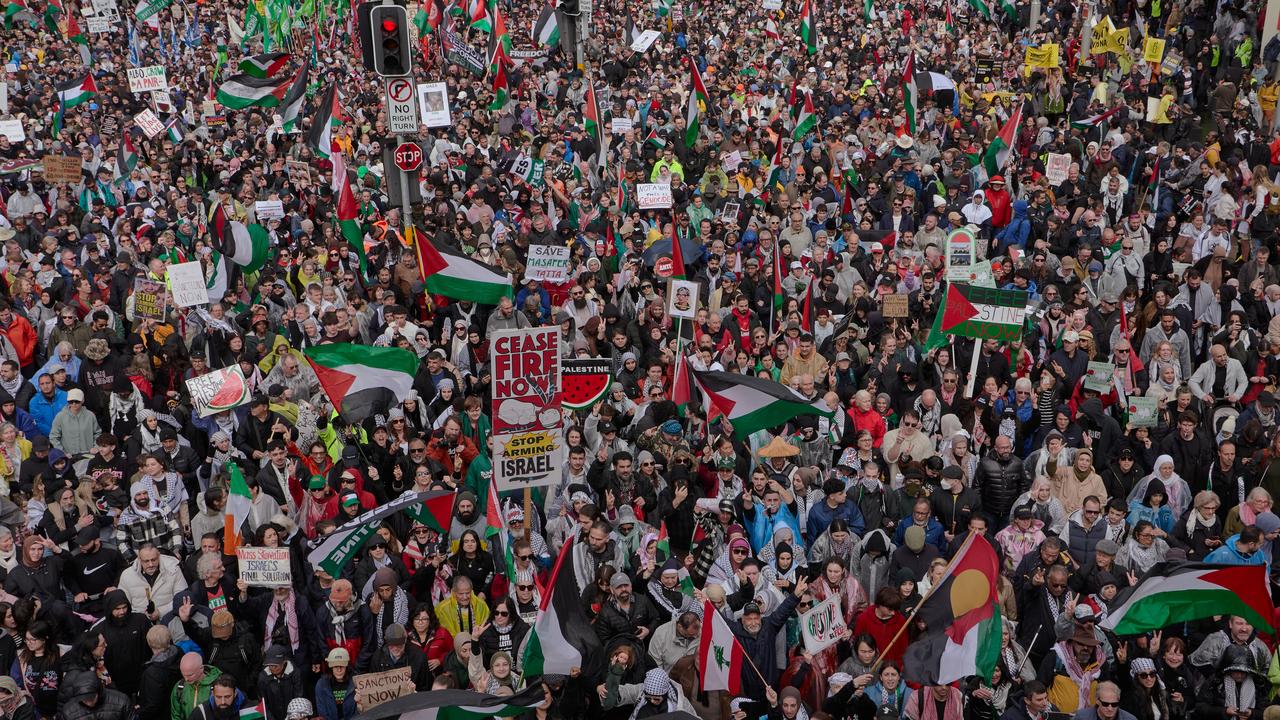
Prime Minister Anthony Albanese has confirmed Australia will recognise Palestinian statehood at the UN General Assembly meeting in September, joining more than 140 member states.
But it has failed to quieten calls for further action ahead of Sunday’s national day of protest.
“We call on those with any ounce of humanity to surge into the streets on August 24 all over the country, from the capital cities to Australia’s most isolated towns,” national protest organiser Jasmine Duff said.
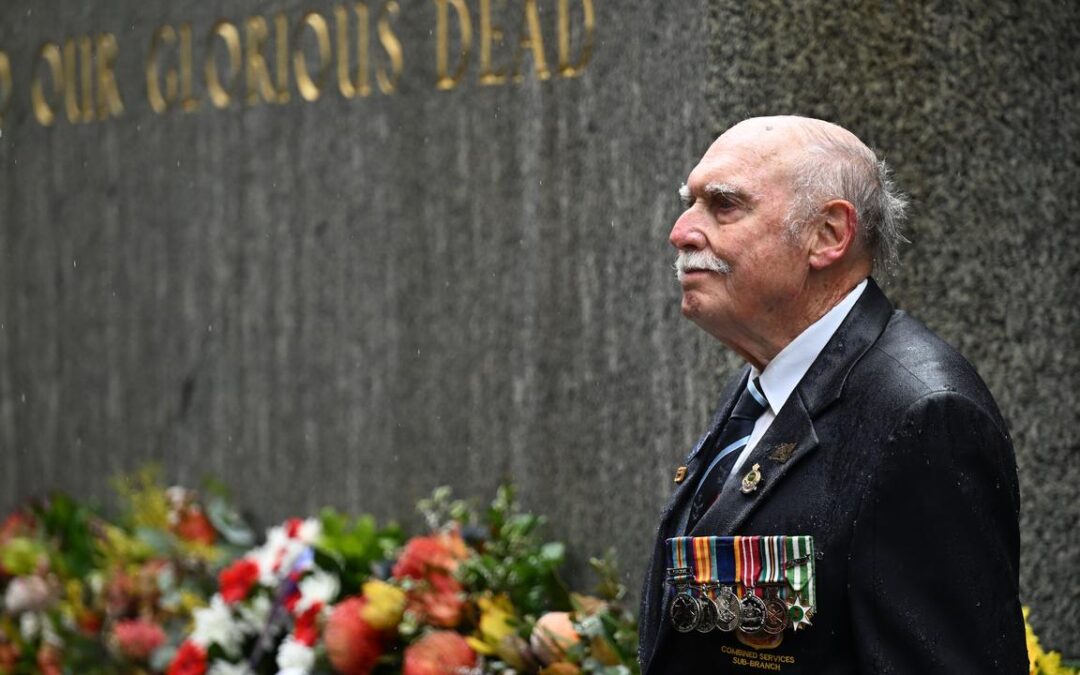
‘People see injustice’: fight goes on for Vietnam vets
Australians who fought in Vietnam have been acknowledged at ceremonies around the nation to mark the 59th anniversary of the costliest battle of the contentious conflict.
The end of the Vietnam War, Australia’s longest military engagement of the 20th century, was commemorated on Monday, the anniversary of the Battle of Long Tan in 1966.
Services throughout Australia included a major gathering of servicemen and women in Sydney’s Martin Place.
But for many a different battle drags on.
Bernie Cox attended in Sydney and told AAP people had gained a greater appreciation for what veterans of the conflict faced.
“People can see the injustice of the whole thing,” he said.
After being conscripted to serve in Vietnam, he faced “animosity” attending university after he returned home.
“Even some of those people now would say that was a bit unfair,” he said.
Relatives of Mr Cox served in World War I and World War II.
“I just thought that’s what Aussie kids did, join the army … it’s normal,” he said.
He found out that wasn’t necessarily the case after being conscripted.
“I got a bit of a shock, it wasn’t such a great adventure in the end.”
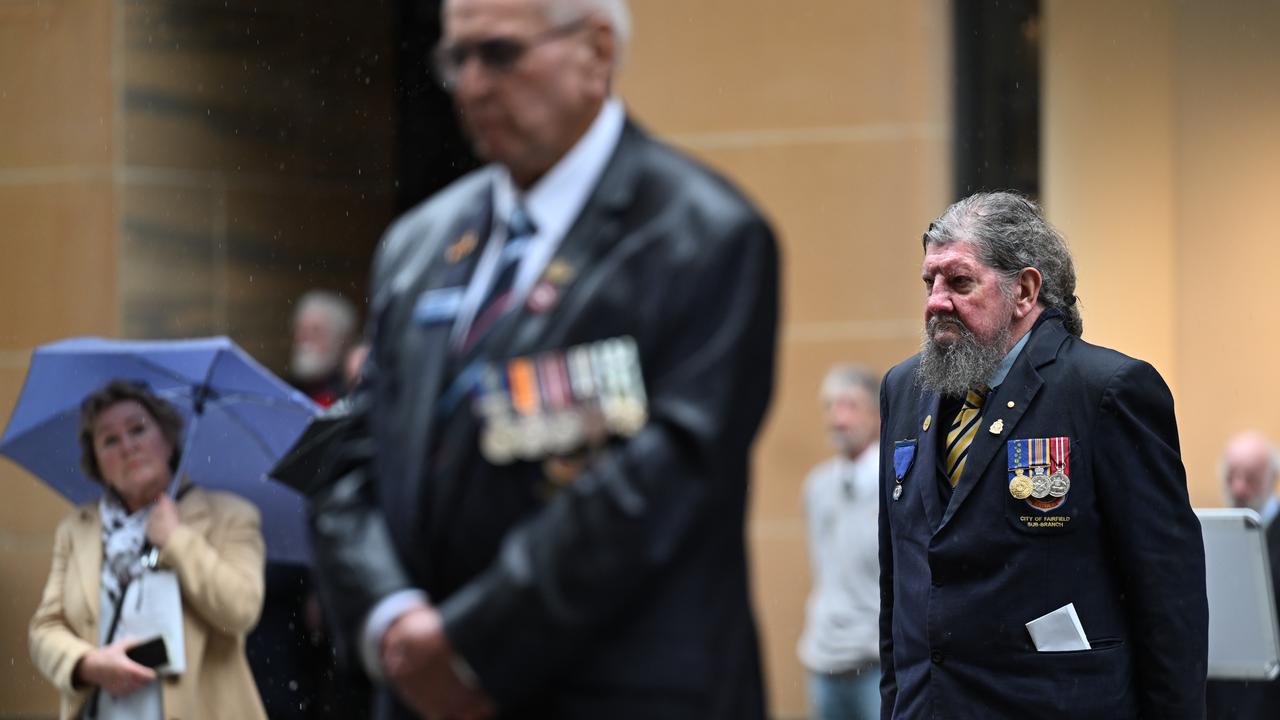
Having not always felt fully recognised, 2500 Australians excluded from receiving the Vietnam Campaign Medal continue their struggle to be acknowledged despite increasing public awareness of what veterans went through.
The Vietnam Veterans Association and the RSL are calling on the federal government to award the honour to the contingent, who were among 60,000 Australians to serve in the conflict between 1962 and 1975, but remain without acknowledgement because of a technicality.
This year marks the 50th anniversary of the end of the war.
Navy veteran Bob Braithwaite finally received his medal last week after multiple applications and rejections.
After joining up as a teenager, he served 120 days in Vietnam before having to return because of injury.
“It’s very hard, very hard,” Mr Braithwaite told AAP from his home in Adelaide in the lead-up to Vietnam Veterans’ Day.
“You weren’t recognised as a full veteran in my books … you could say it felt like being a car with only three wheels.”
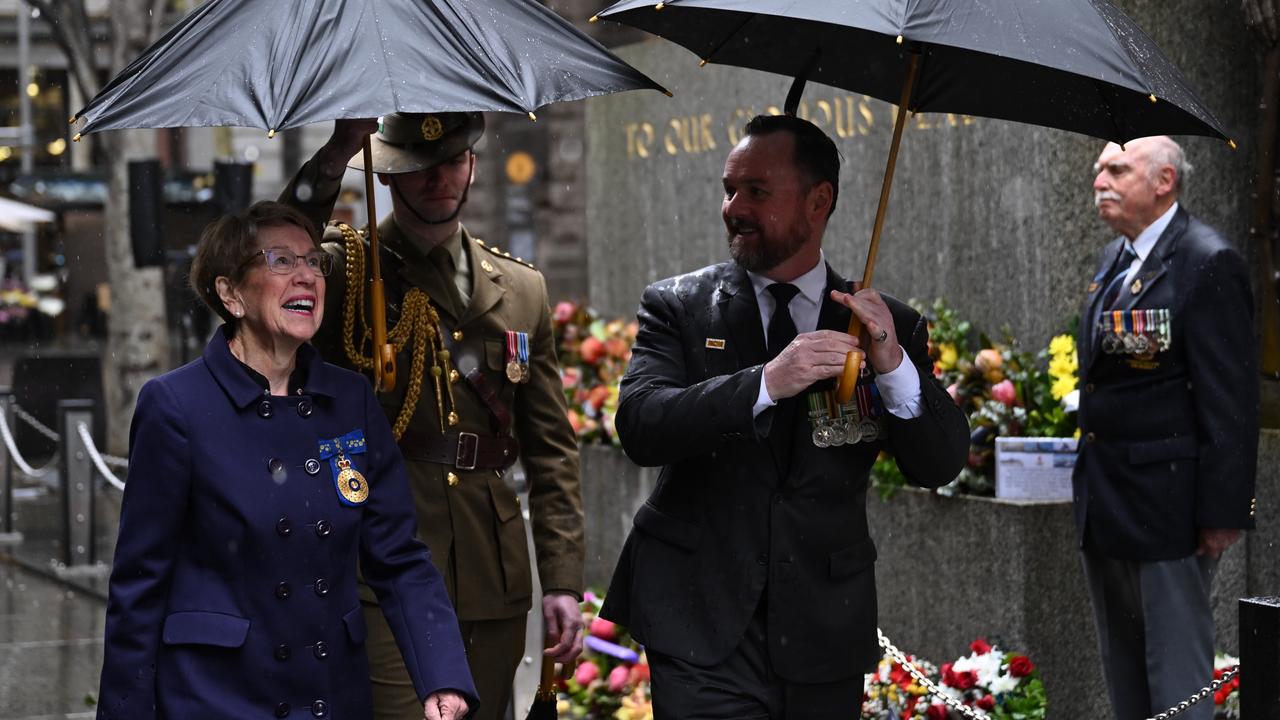
Conscripted into service and sent to fight in a deeply unpopular war, the veterans awaiting recognition completed at least 60 days in-country, serving under harrowing conditions.
Because their national service obligations ended before they reached the 181-day threshold, they were sent home and denied the campaign medal – and the recognition and respect many of their comrades received.
Made to feel like they had not done enough, some were labelled “short-timers” and have since carried the burden.
Mr Braithwaite takes medication for PTSD and undergoes a twice-yearly psychological check-up.
“You’d go to a hotel on Anzac Day to have lunch and celebrate with your wife and a couple of close friends and the guys with the full medals would kind of look at you a bit funny, and you’d think, ‘oh, OK, I haven’t finished the process to become a full veteran’.
“But the stigma has slowly worn off … and we seem – the older we get, the fewer we get – to get more appreciation for what we’ve done.”
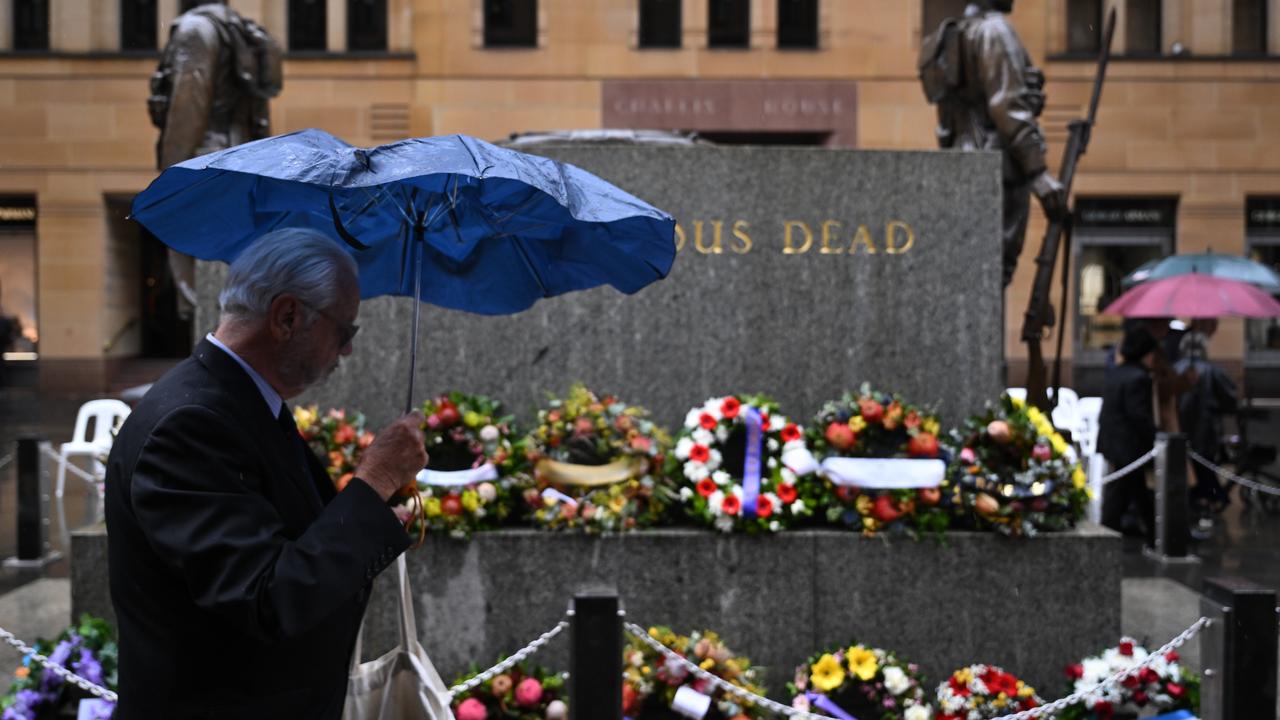
Christopher Anderson said some of his fellow veterans felt more closely aligned with Vietnam Veterans Day than other memorial days such as Anzac Day.
“It is still an experience that is close to the hearts of those who participated,” he said.
“Many of us lost good friends.”
The broader community and RSL failed to treat veterans well or welcome Vietnam vets when they returned.
Then-RSL NSW president Ray James, a veteran of the Vietnam War, was among those to deliver a formal apology on Vietnam Veterans Day in 2023.
Some 3000 Australians were wounded throughout the conflict and 524 died during or as a result of their service in Vietnam.
Lifeline 13 11 14
Open Arms 1800 011 046
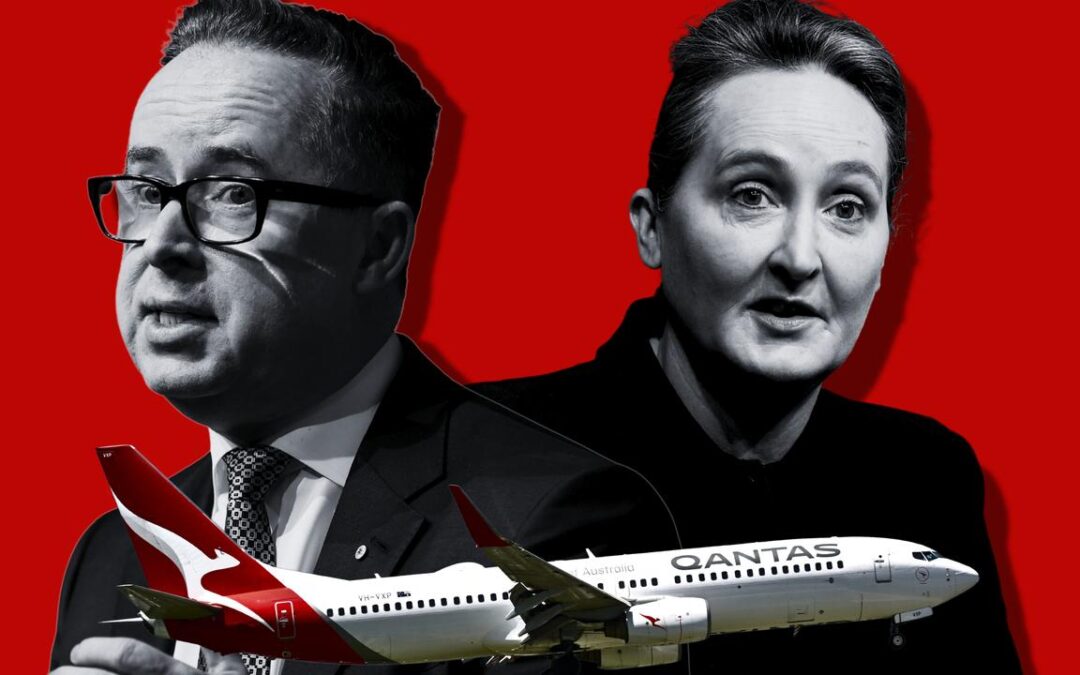
‘Ruthless’ sacking of staff lands Qantas with $90m fine
Australia’s largest airline has been ordered to pay a record-breaking penalty of $90 million for its “ruthless” decision to illegally sack more than 1800 workers.
Qantas outsourced 1820 baggage handling, cleaning and ground staff roles in 2020, a move the Federal Court ruled was designed to curb union bargaining power in wage negotiations.
The embattled airline’s appeal to the High Court was unsuccessful, paving the way for the penalty to be awarded on Monday.
The Transport Workers Union sought the maximum penalty of $121 million, while Qantas urged Justice Michael Lee to impose a “mid-range” penalty between $40 million and $80 million.
Justice Lee ordered Qantas to pay $90 million in penalties, $50 million of which is to be paid directly to the union that brought the proceedings and highlighted the illegal conduct.
He cited the “sheer scale of the contraventions, being the largest of their type” as a reason to impose a penalty that would deter other businesses from similar conduct.
“To deprive someone of work illegally is to deprive someone of an aspect of their human dignity and this is not assuaged simply by mouthing expressions of regret,” Justice Lee said.
Transport Workers’ Union national secretary Michael Kaine welcomed the result as the largest penalty handed down in Australia’s industrial history.
“(These employees) weren’t just sacked, they were told by Qantas that they were delusional for questioning it,” he said.
“This ruthless, self-interested and illegal calculation to kick them to the kerb has rightfully merited the largest ever penalty of its kind.”
Mr Kaine said the decision sent a strong message they would be held accountable for breaking the law.
“This was an egregious wrong that had to be righted,” he said.
“Unless we challenged this decision, we were effectively providing a permission slip for this to happen in future.”
Justice Lee was scathing about the embattled airline’s conduct after the outsourcing, pointing to efforts to place a “less than candid” picture of the decision before the court.
The conduct of Qantas executives to allow “error to creep into the process” of documenting the decision-making process demonstrated the need for change within the company, he said.
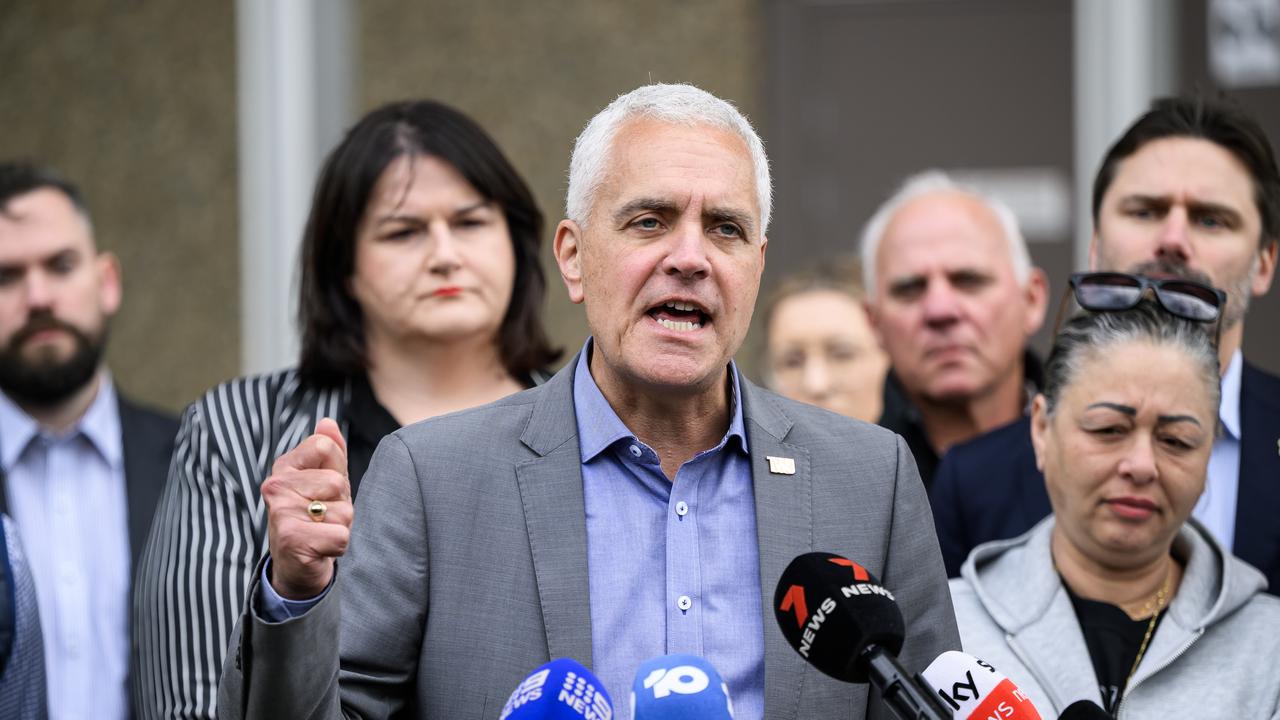
Justice Lee noted Qantas had apologised publicly but then had attempted to deny compensation payments to the affected workers.
“I accept Qantas is sorry, but I am unconvinced that this measure of regret is not … ‘the wrong kind of sorry’,” the judge said.
Qantas will have to pay the hefty bill on top of a $120 million compensation payment it has made to the affected ground staff for their economic loss, pain and suffering following the outsourcing.
Qantas CEO Vanessa Hudson said the judgment held the airline accountable for its actions, for which she apologised.
“The decision to outsource five years ago, particularly during such an uncertain time, caused genuine hardship for many of our former team and their families,” she said.
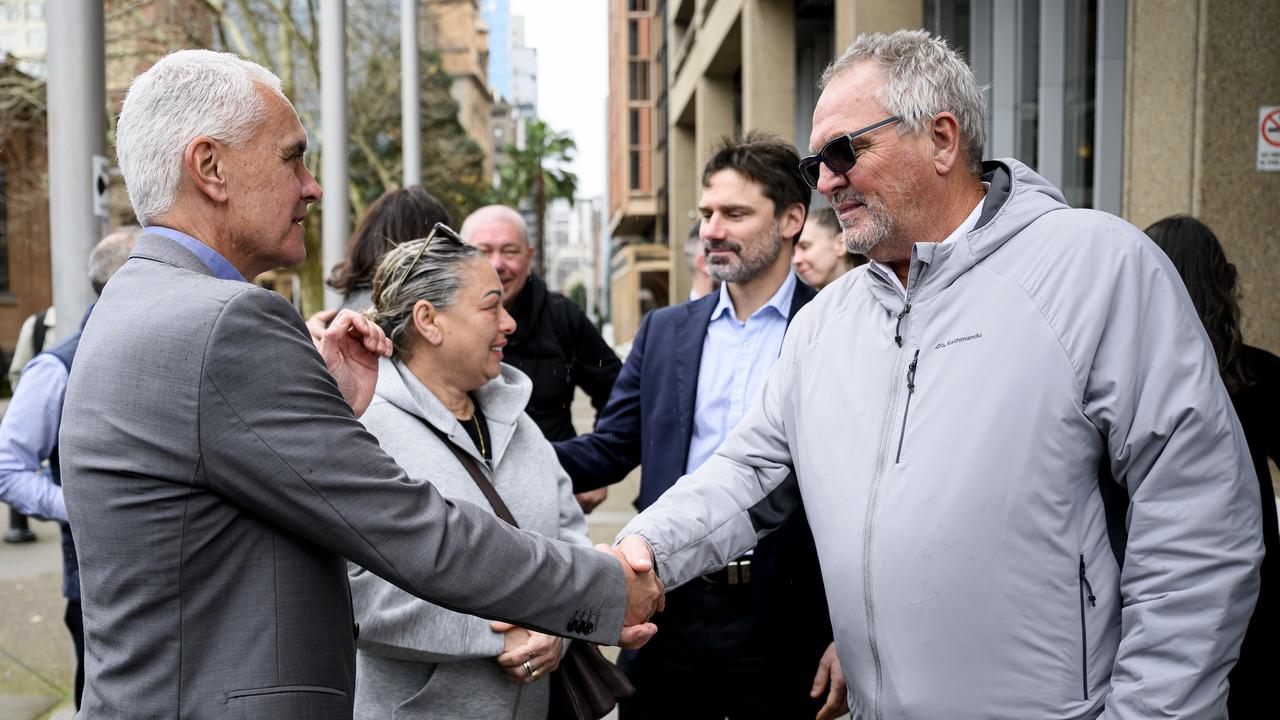
“Over the past 18 months we’ve worked hard to change the way we operate as part of our efforts to rebuild trust with our people and our customers.
“This remains our highest priority”.
The court was told the scandal-plagued airline began to accept responsibility and begin corrective actions in 2023, which coincided with the departure of former CEO Alan Joyce.
Illegally sacked employee Don Dixon said it was time for Qantas to regain its status through actions instead of words.
“If you want to be the spirit of Australia, then back Australians,” he said.
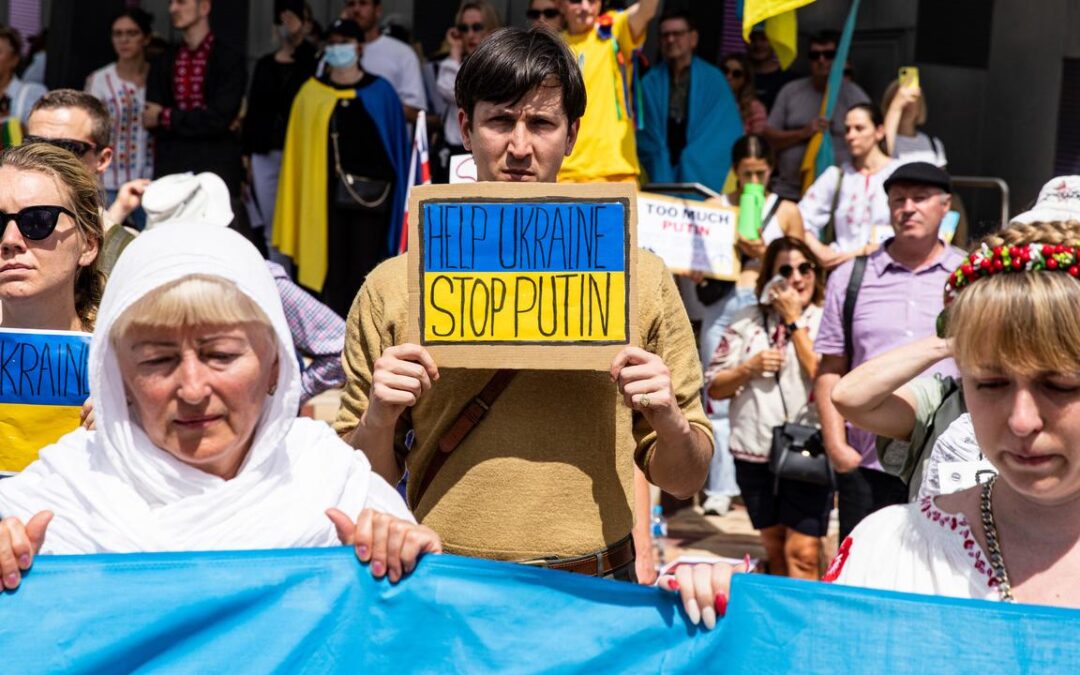
PM lauds Ukraine support as eyes turn to Trump meeting
Ukraine is calling for more support from Australia and other nations to fend off Russia’s invasion ahead of a major diplomatic meeting.
Prime Minister Anthony Albanese joined Ukrainian President Volodymyr Zelenskiy and world leaders on a virtual hook-up where he was briefed about US President Donald Trump’s meeting with his Russian counterpart.
The coalition of the willing, which includes more than 30 nations united in their support for Ukraine, held a phone call overnight (AEST) convened by UK Prime Minister Keir Starmer and French President Emmanuel Macron.
Mr Albanese described it as “a very constructive meeting”.
“We stand with Ukraine. We want to see peace in the region,” he told Sky News on Monday.
“Ukraine must, of course, not have a solution imposed on it. They need to be a part of those negotiations.”
Ukraine’s ambassador to Australia Vasyl Myroshnychenko called for further international pressure on Russia ahead of Mr Zelenskiy’s meeting with Mr Trump in the Oval Office on Monday (local time).
He welcomed Australia’s support, saying international pressure needed to remain on Russia, including by choking its economy with sanctions to impede its ability to wage war.
“It’s important you’re part of it and Australia is committed,” Mr Myroshnychenko told AAP.
“The main purpose of the coalition of the willing was to help Ukraine win the war on just terms, and the way to do it is to put pressure on Russia, put new sanctions on Russia.
“What’s important is the consistency of that. What’s important is Australia keeps on doing it.”
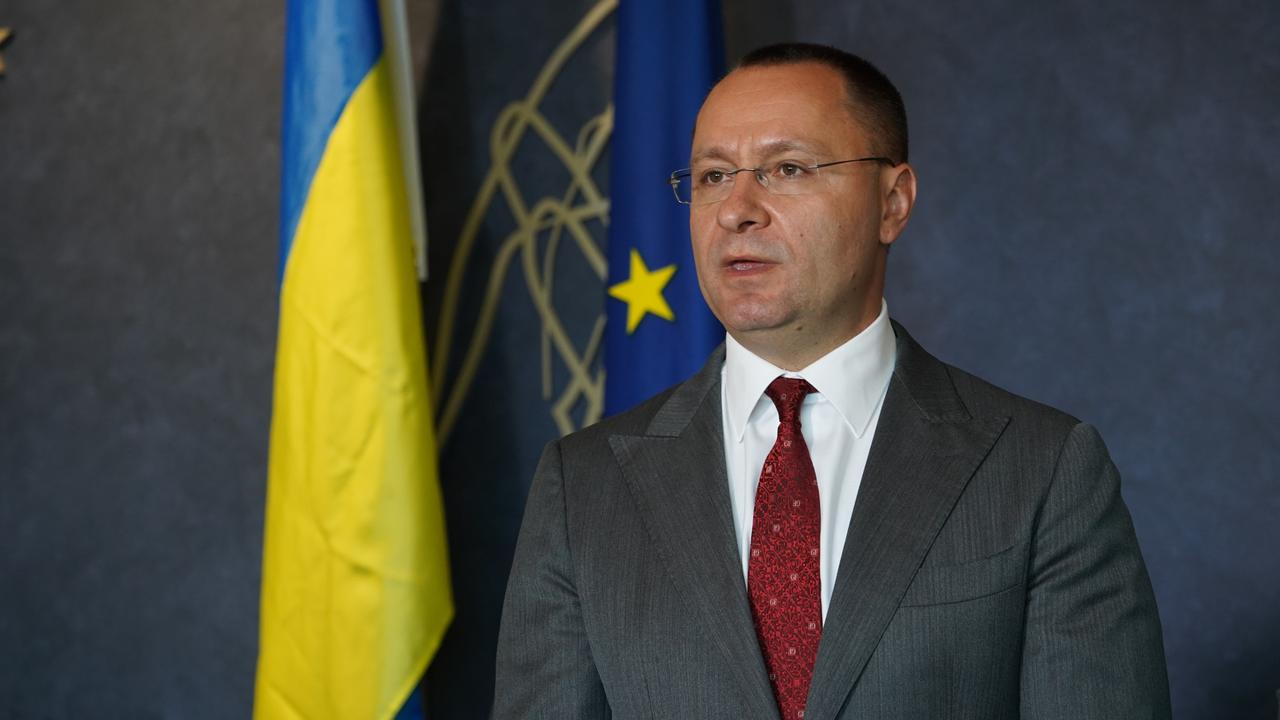
Australia has committed $1.5 billion in support for Ukraine, with the last military aid package of 49 Abrams tanks announced in October 2024.
The ambassador called for more support to aid Ukraine’s defences, including further armoured personnel vehicles.
“Any security guarantees for Ukraine includes a strong military,” he said.
“At the end of the day, Russia didn’t commit to anything, they didn’t say they were going to stop.”
Assistant Foreign Affairs Minister Matt Thistlethwaite said he wouldn’t pre-empt “what the prime minister may or may not announce over the coming days” when asked about the possibility of further sanctions against Russia.
European leaders, including European Commission President Ursula von der Leyen and NATO Secretary General Mark Rutte, will join Mr Zelenskiy in Washington.
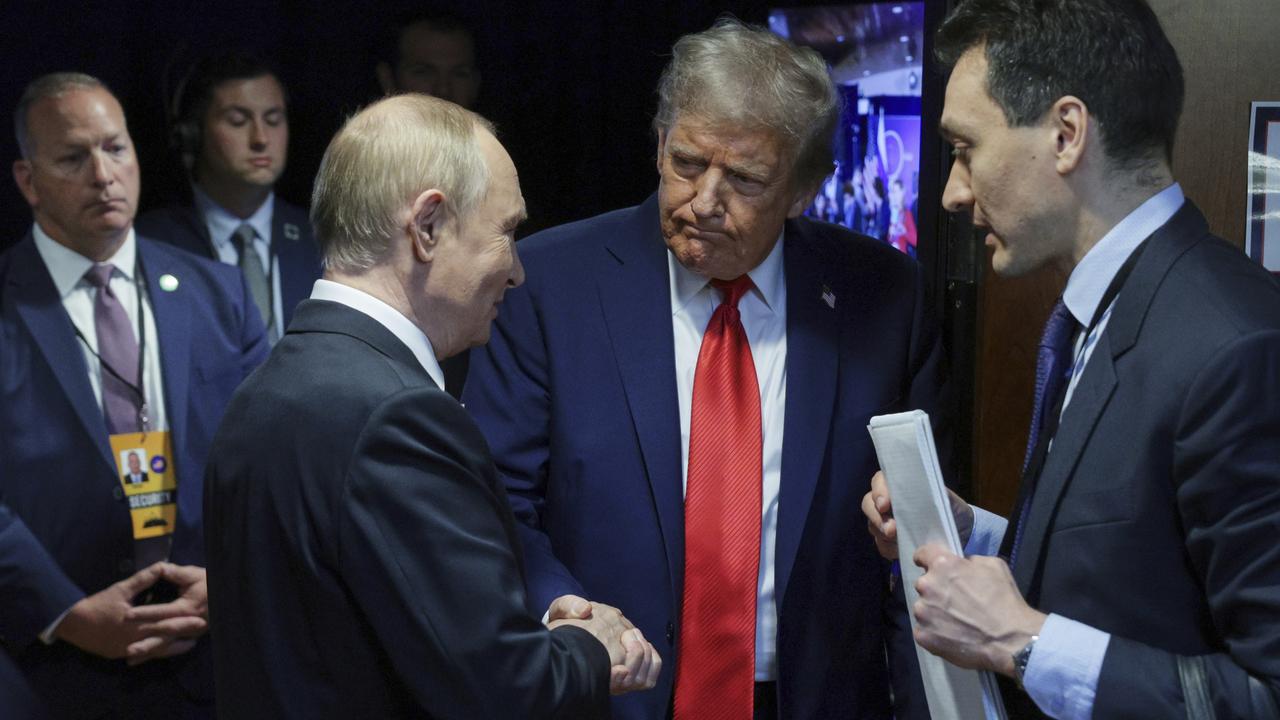
It follows Mr Trump’s meeting with Russian President Vladimir Putin in Alaska over the weekend, when the pair discussed a peace plan following Russia’s invasion of Ukraine in 2022.
No agreements were announced, but US envoy Steve Witkoff said Russia had agreed to some concessions and “game-changing” security guarantees.
Mr Zelenskiy has called for a security guarantee, similar to the NATO pact which includes a mutual defence article stating that an attack on one member is an attack on all.
Ukraine isn’t a NATO member but wants to join the alliance, something Russia opposes.
Ahead of the meeting, Mr Trump posted on social media that Ukraine wouldn’t be accepted into NATO and wouldn’t get back Crimea, which was annexed by Russia in 2014.
Ukraine has rejected ceding any territory to Russia under a ceasefire or peace deal.
Mr Witkoff said Mr Putin had agreed to allow the US and European nations to offer Ukraine a security guarantee during his meeting with Mr Trump, but Russia still believes NATO membership is “a red flag”.
“We were able to win the following concession, that the United States could offer article five-like protection, which is one of the real reasons why Ukraine wants to be in NATO,” he told CNN.
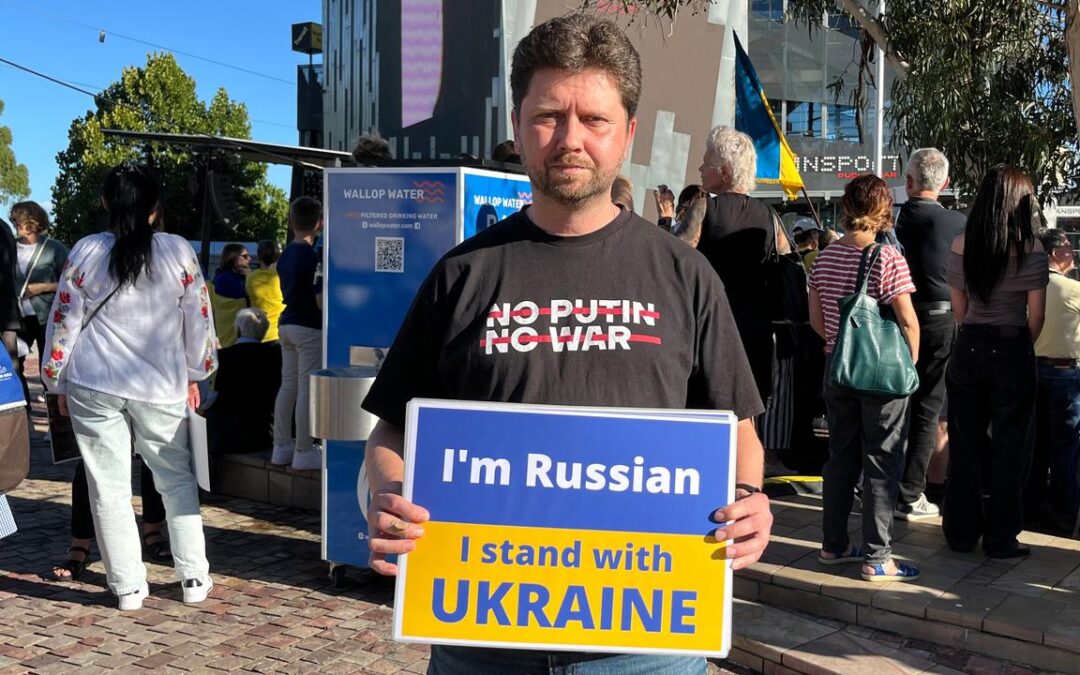
Ukraine welcomes Australian support, calls for more aid
Prime Minister Anthony Albanese has joined Volodymyr Zelenskiy and world leaders on a virtual hook-up to express support for the Ukrainian president ahead of a key meeting.
Ukraine’s ambassador to Australia Vasyl Myroshnychenko called for further international pressure on Russia ahead of Mr Zelenskiy’s meeting with US President Donald Trump in the Oval Office on Monday (local time).
The coalition of the willing, which includes more than 30 nations united in their support for Ukraine, held a phone call overnight (AEST) convened by US Prime Minister Keir Starmer and French President Emmanuel Macron.
Mr Myroshnychenko welcomed Australia’s support, saying international pressure needed to remain on Russia, including by choking its economy with sanctions to impede its ability to wage war.
“It’s important you’re part of it and Australia is committed,” he told AAP.
“The main purpose of the coalition of the willing was to help Ukraine win the war on just terms and the way to do it is to put pressure on Russia, put new sanctions on Russia.
“What’s important is the consistency of that. What’s important is Australia keeps on going it.”
Australia has committed $1.5 billion in support for Ukraine, with the last military aid package of 49 Abrams tanks announced in October 2024.
The ambassador called for more support to aid Ukraine’s defences, including further armoured personnel vehicles.
“We would be very grateful for more assistance,” he said.
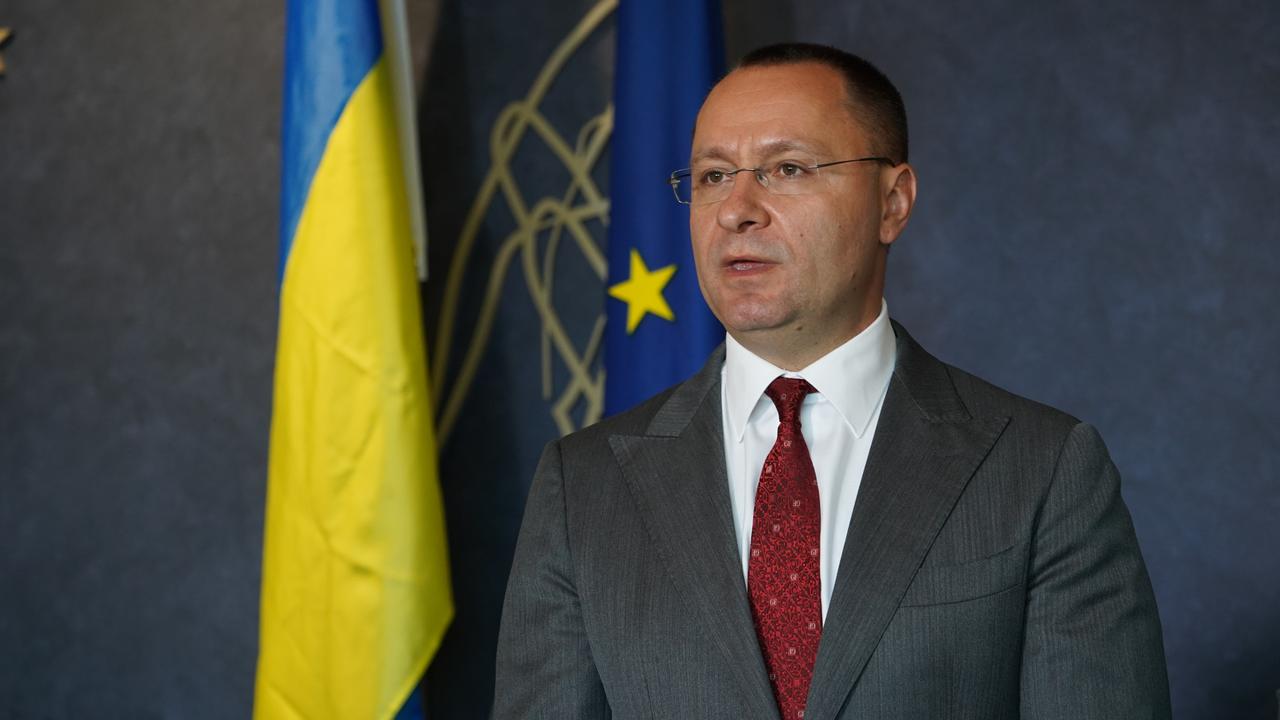
“At the end of the day, Russia didn’t commit to anything, they didn’t say they were going to stop.
“Any security guarantees for Ukraine includes a strong military.”
Assistant Foreign Affairs Minister Matt Thistlethwaite said Australia remained committed to Ukraine, and while it couldn’t move the dial on the war alone, it was effective when it joined like-minded countries.
“Obviously, we want to see peace but it can’t come at the expense of the Ukrainian people and their territorial integrity,” he told Sky News on Monday.
Mr Thistlethwaite said he wouldn’t pre-empt “what the prime minister may or may not announce over the coming days” when asked about the possibility of further sanctions against Russia.
European leaders, including European Commission President Ursula von der Leyen and NATO Secretary General Mark Rutte, will join Mr Zelenskiy in Washington.
The UK, French, German, Italian and Finnish leaders will also attend amid concerns the Trump administration could walk back support of the embattled nation as Russia pushes to keep land it has annexed from Ukraine.
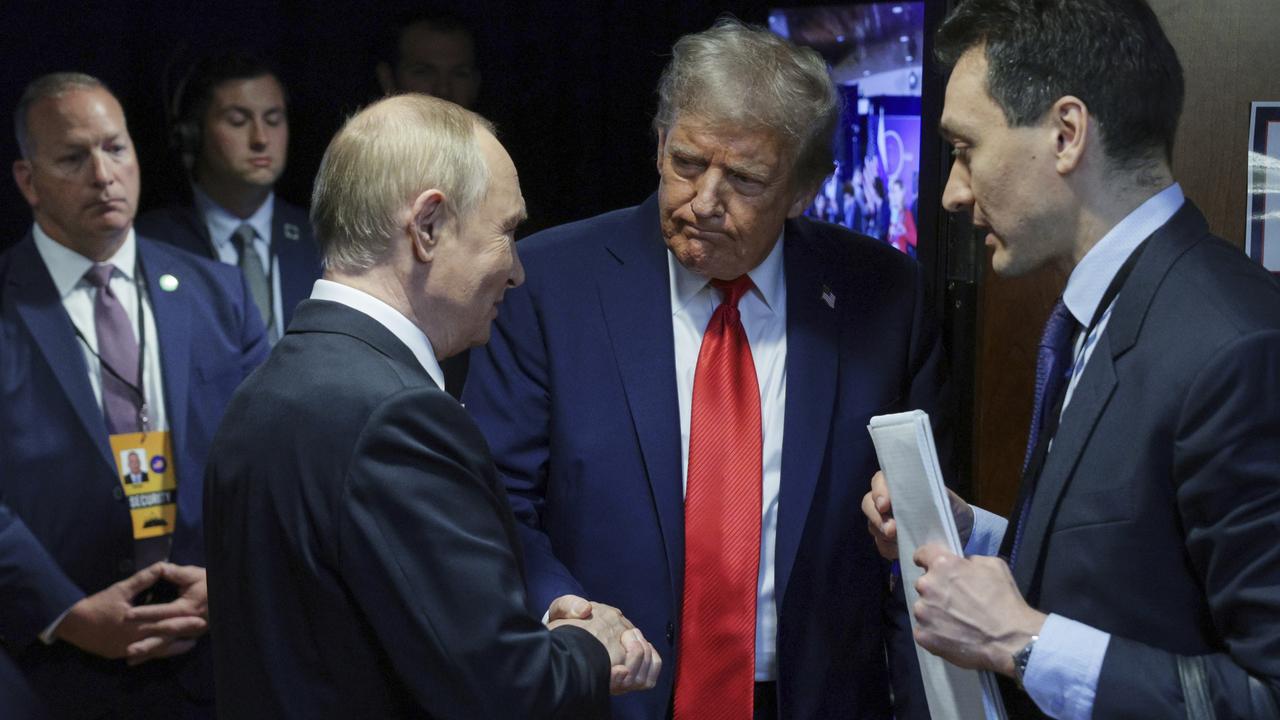
It follows Mr Trump’s meeting with Russian President Vladimir Putin in Alaska over the weekend, when the pair discussed a peace plan following Russia’s invasion of Ukraine in 2022.
No agreements were announced, but US envoy Steve Witkoff said Russia had agreed to some concessions and “game-changing” security guarantees.
Ukraine has rejected ceding any territory to Russia under a ceasefire or peace deal.
Mr Zelenskiy has called for a security guarantee, similar to the NATO pact which has a mutual defence article stating that an attack on one member is an attack on all members.
Ukraine isn’t a NATO member but wants to join the alliance, something Russia opposes.
Mr Witkoff said Mr Putin had agreed to allow the US and European nations to offer Ukraine a security guarantee during his meeting with Mr Trump, but Russia still believes NATO membership is “a red flag”.
“We were able to win the following concession, that the United States could offer article five-like protection, which is one of the real reasons why Ukraine wants to be in NATO,” he told CNN.
This concession “was the first time we had ever heard the Russians agree to that”, he said.

Google cops $55m fine for search engine deals on phones
Internet giant Google could pay a $55 million fine after signing anti-competitive deals with Australia’s two largest telcos that banned the installation of competing search engines on some smartphones.
The Australian Competition and Consumer Commission launched proceedings against the US technology firm in Federal Court on Monday over the behaviour, which Google has admitted.
The court will be asked to determine if the $55 million penalty agreed by both parties is appropriate.
The legal action follows court-enforceable undertakings from Telstra, Optus and TPG in 2024 to refrain from renewing or making similar deals with Google to limit search services.
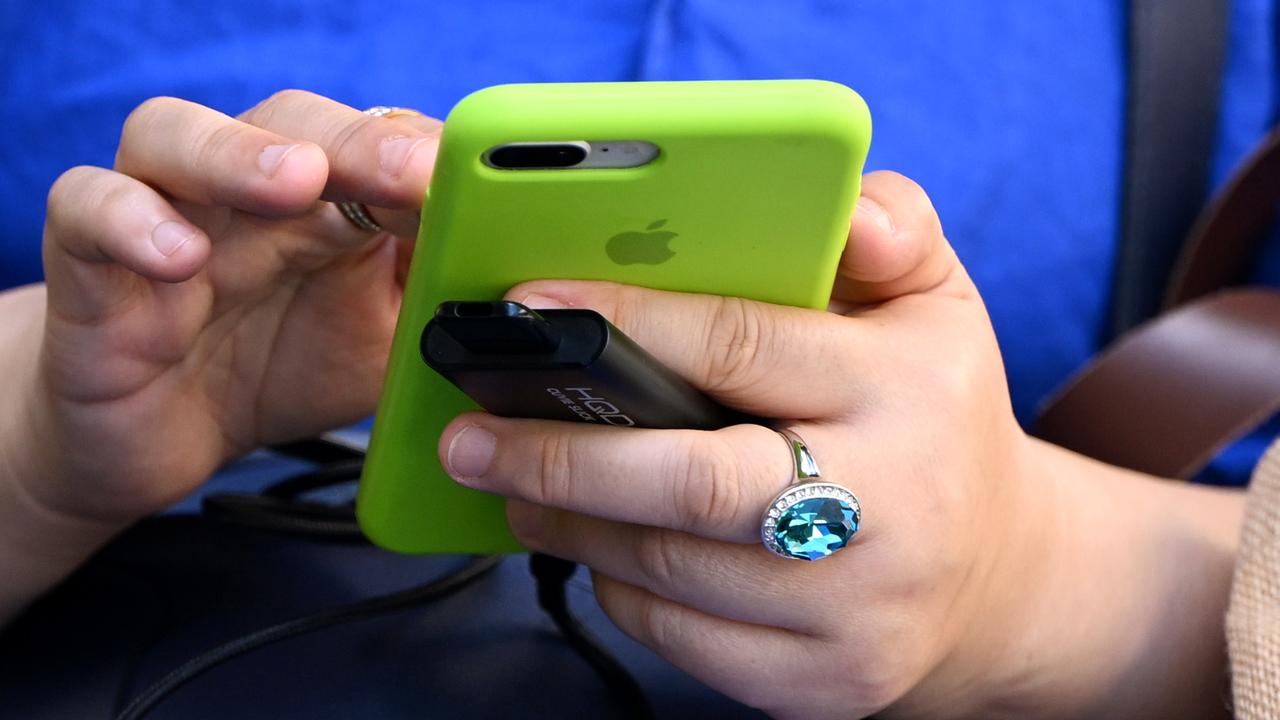
The anti-competitive deals, in place between December 2019 and March 2021, required Telstra and Optus to pre-install Google’s Search app on Android smartphones and to exclude competing search services from the devices.
In exchange, the telcos received a share of revenue from advertisements shown alongside Google’s search results on the phones.
The deals struck by the technology companies unfairly restricted consumers’ access to search engine options, commission chair Gina Cass-Gottlieb said.
“Conduct that restricts competition is illegal in Australia because it usually means less choice, higher costs or worse service for consumers,” she said.
“Today’s outcome along with Telstra, Optus and TPG’s undertakings have created the potential for millions of Australians to have greater search choice in the future, and for competing search providers to gain meaningful exposure to Australian consumers.”
In addition to admitting the deals could have reduced competition, Google has agreed not to require similar restrictions on search services in future contracts with smartphone manufacturers and telecommunication providers.
The changes would become increasingly important, Ms Cass-Gottlieb said, as the search engine market was challenged by firms deploying artificial intelligence to deliver different results.
“With AI search tools becoming increasingly available, consumers can experiment with search services on their mobiles,” she said.
The Federal Court in Victoria will determine whether the $55 million is appropriate and if “other relief” should apply.
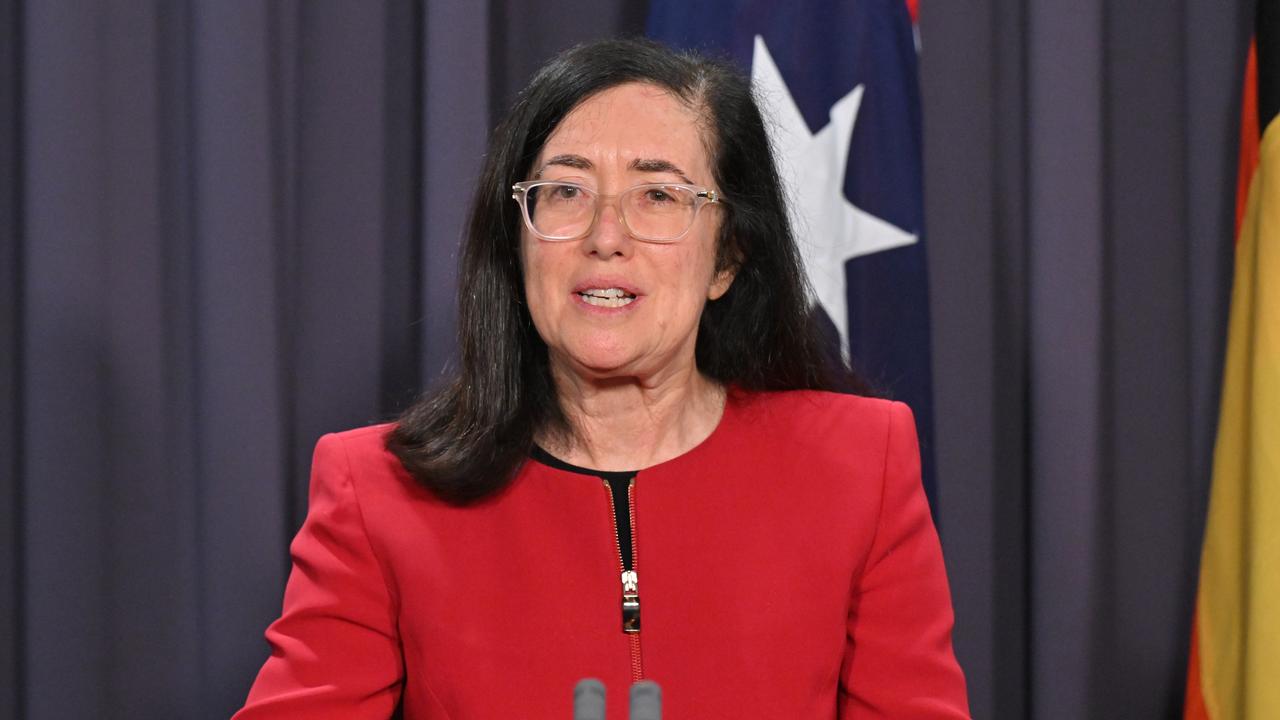
Google Australia issued a statement about the case on Monday, saying similar agreements that restricted search services from other companies were no longer being sought by the company.
“We’re pleased to resolve the ACCC’s concerns, which involved provisions that haven’t been in our commercial agreements for some time,” the statement said.
“We are committed to providing Android device makers more flexibility to preload browsers and search apps, while preserving the offerings and features that help them innovate, compete with Apple and keep costs low.”
The commission investigated internet competition as part of a five-year inquiry into digital platforms, issuing its final report in March.
Google dominates search engine queries in Australia, with Statcounter Global Statistics estimating it delivered 91.7 per cent of search results in July, followed by Bing (5.6 per cent) and Yahoo (1.28 per cent).
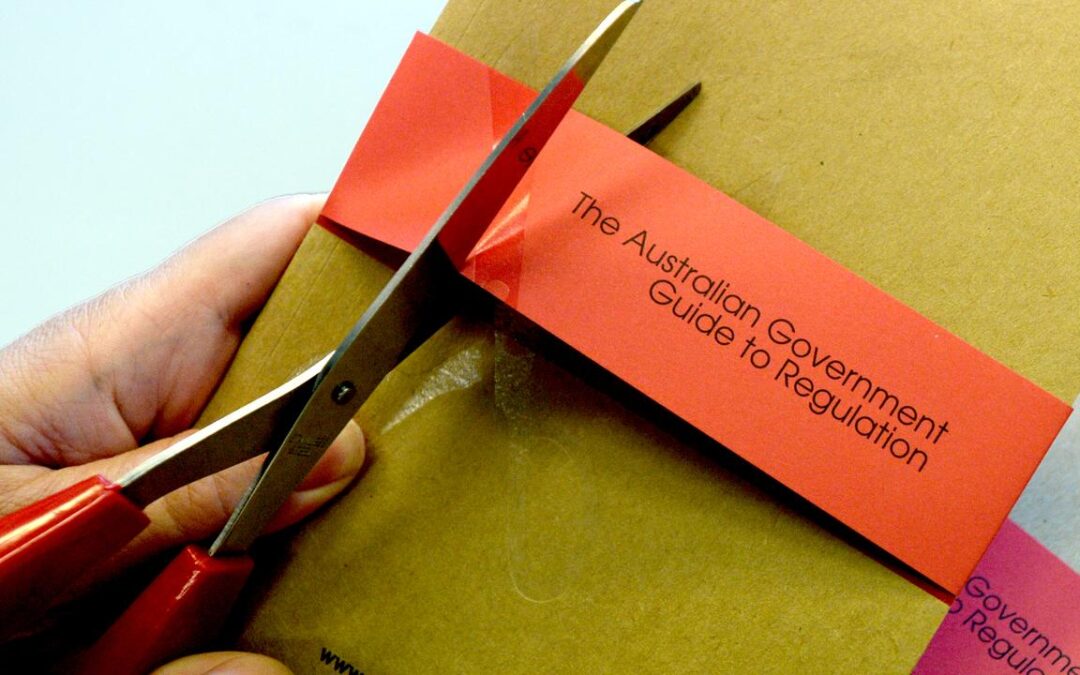
Red tape ‘hairballs’ to be coughed up onto roundtable
“Regulatory hairballs” have clogged Australia’s economy and deprived young people of a better living standard than their parents, the chair of the Productivity Commission believes.
The generational bargain is in peril, says Danielle Wood.
“Young people today believe they won’t live better lives than their parents did,” the head of the nation’s economic think tank will say at the National Press Club on Monday.
“I’m worried too.”
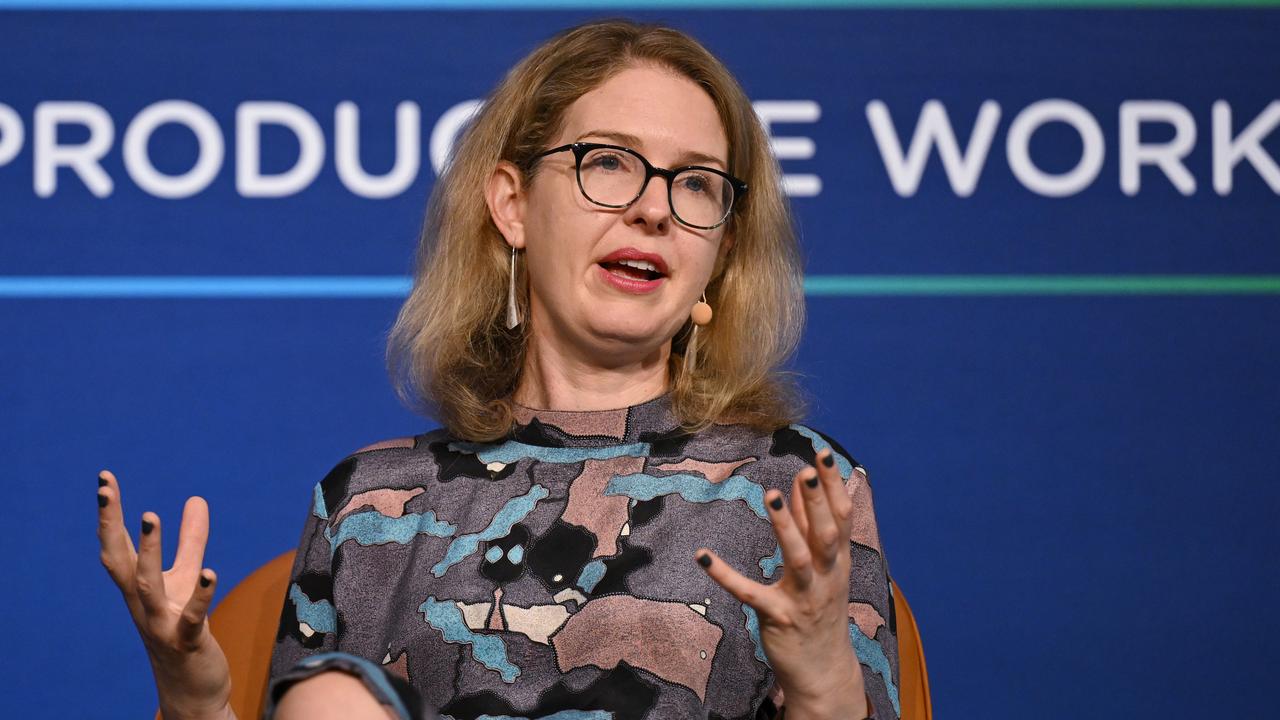
Australians born in the 1990s were the first generation not to earn more than those in the decade before them.
Now in their 30s, millennials are struggling to enter the property market “as policy choices have contributed to house prices growing much faster than incomes for the best part of three decades”.
Ms Wood, due to speak before the federal government’s economic reform roundtable on Tuesday, says the challenges facing younger generations amount to productivity problems.
About squeezing more from less, productivity allows wages to grow and helps “build things better and faster”, such as homes and clean energy infrastructure.
The commission has already spelled out a long list of recommendations to kickstart anaemic productivity growth in five separate reports released before the roundtable.
Suggestions include reforming the corporate tax system and financial incentives for workplace training.
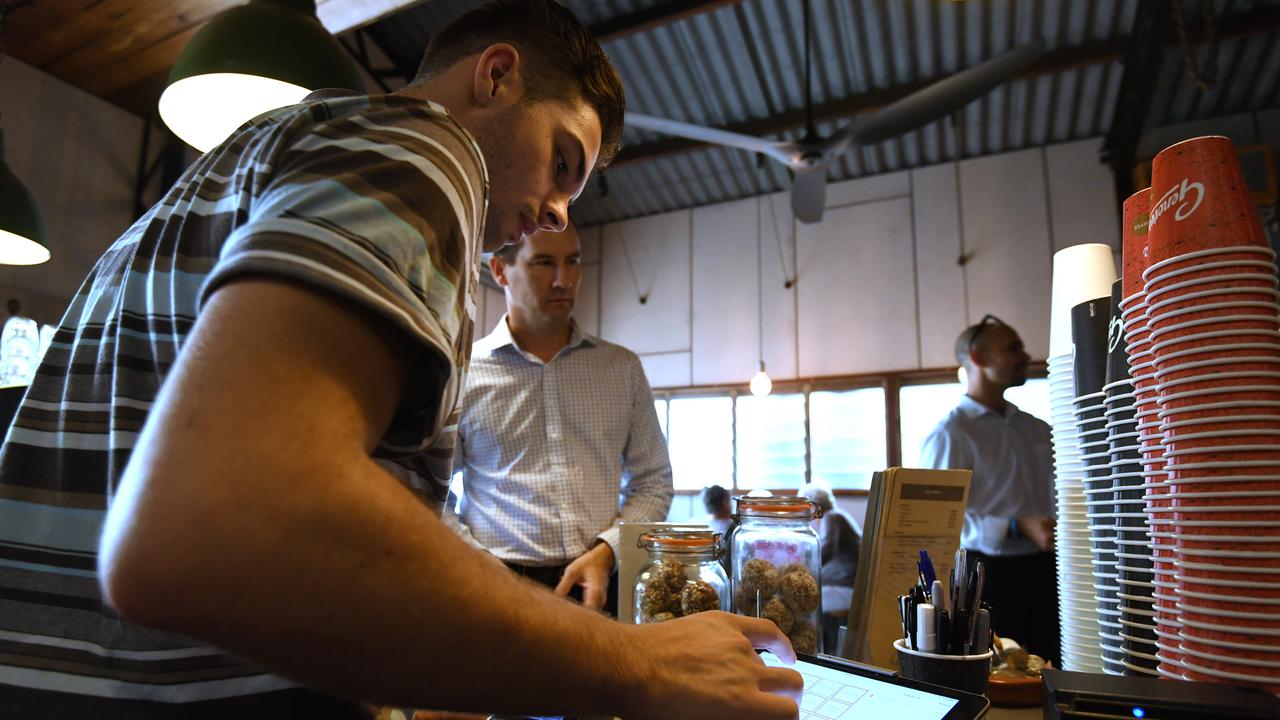
Ms Wood will also call for an attitude shift at the highest levels of government policymaking and delivery.
“This ‘growth mindset’ – an elevation of growth and the benefits it brings – has been missing from Australian policy for far too long,” she said.
She will point to the “growth of the regulatory burden” as symptomatic of a policy culture failing to prioritise growth.
“Regulatory hairballs” are everywhere, she will argue, from 31-step approvals and licensing surveys for would-be Queensland cafe owners to “evermore stringent requirements for energy efficiency in the construction code”.
The Albanese government has lobbed its fair share of hairballs down Australia’s regulatory gullet, contends opposition productivity spokesman Andrew Bragg.
In its first term, Labor introduced 5034 new regulations and 400 new laws, raising the cost of compliance by $4.8 billion, according to Office of Impact Analysis figures cited by Senator Bragg.
“Australia is now one of the most heavily regulated countries in the world,” he said.
Treasurer Jim Chalmers rubbished the claims, arguing the coalition introduced more regulations in its last term before its 2022 election loss.
“If the coalition had answers on productivity, they wouldn’t have presided over the worst decade for productivity growth in the last 60 years,” he said.
Dr Chalmers acknowledged the government had been getting in its own way with regulation that was slowing down new housing or energy projects.
Some regulation, such as tying government procurement to gender equality aims, was serving a useful purpose, he said.
“Where regulation is unnecessary, where it’s duplicated, where it’s not serving a useful purpose, we should seek to wind it back, and that’s what we intend to do.”
Australia’s key economic stakeholders will gather in Canberra to propose solutions to the nation’s ailing productivity as part of the government’s hotly anticipated roundtable.
Almost 30 groups representing farmers, pharmacies, universities and small, medium and large businesses have urged the government to reduce red tape and reform taxes without raising costs.
Lifting the amount businesses invest in capital like new technology will be key to turning around productivity growth.
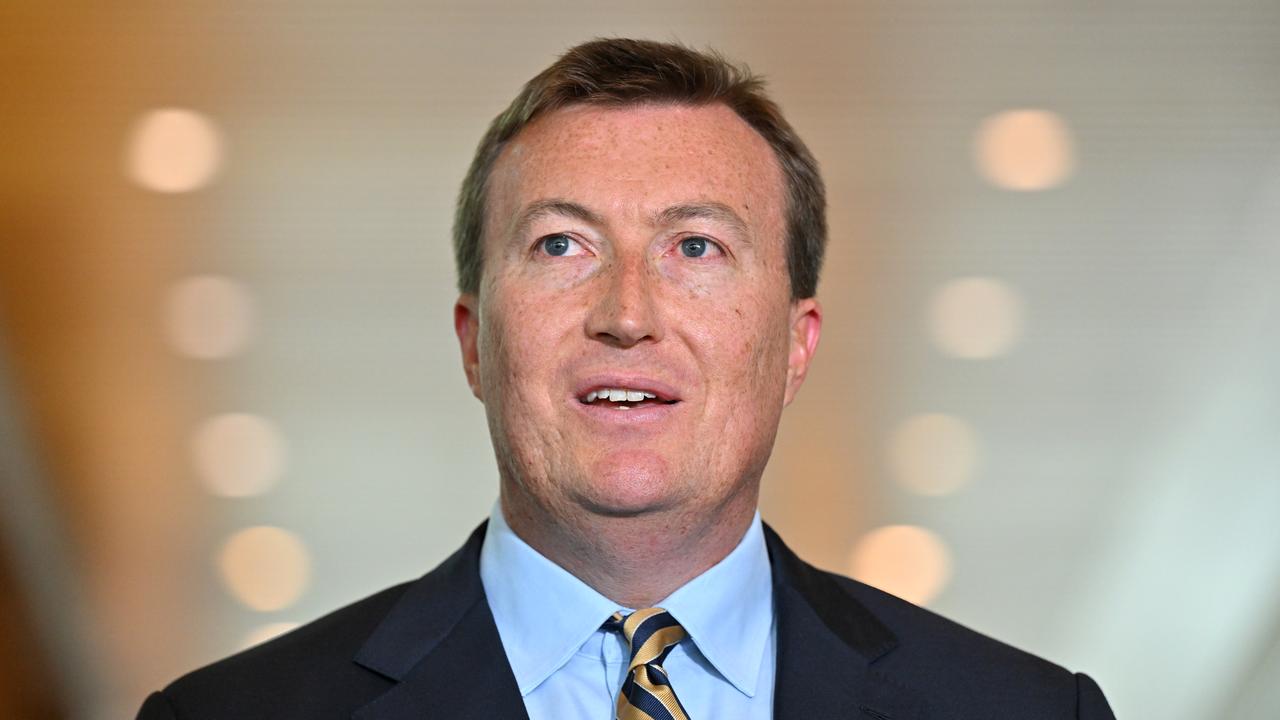
“The test for everything this week, every proposal, is very simple: will it increase business investment or will it reduce business investment,” said Business Council of Australia chief executive Bran Black.
Environment groups have also urged the government to address concerns such as nature law reforms.
“Nature’s economic role is too important to leave out of national reform conversations,” Australian Land Conservation Alliance chief executive Jody Gunn said.
“If we invest in the solutions it brings, we all win.”